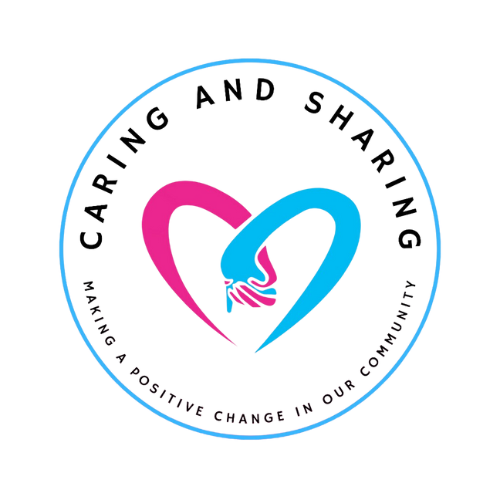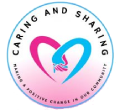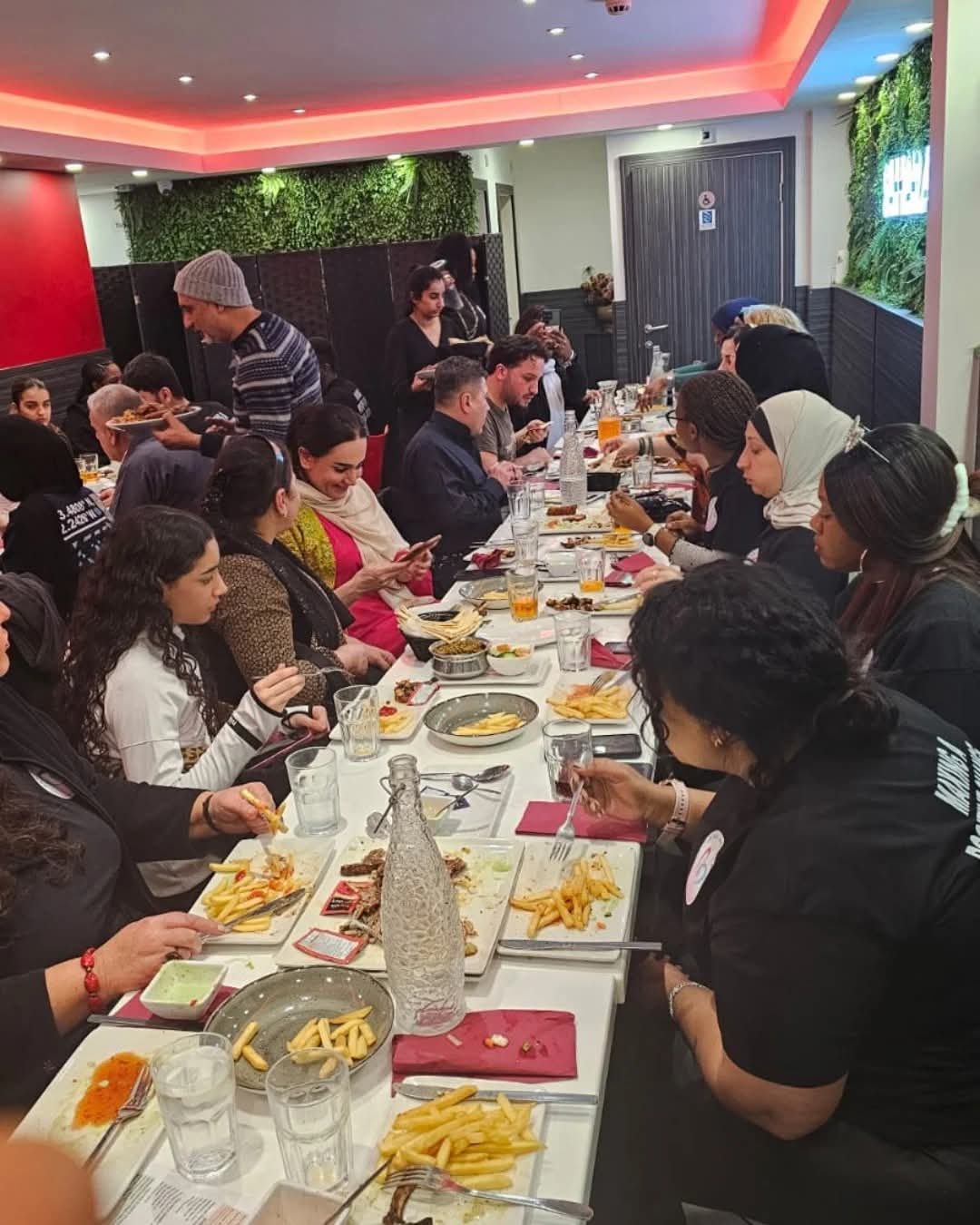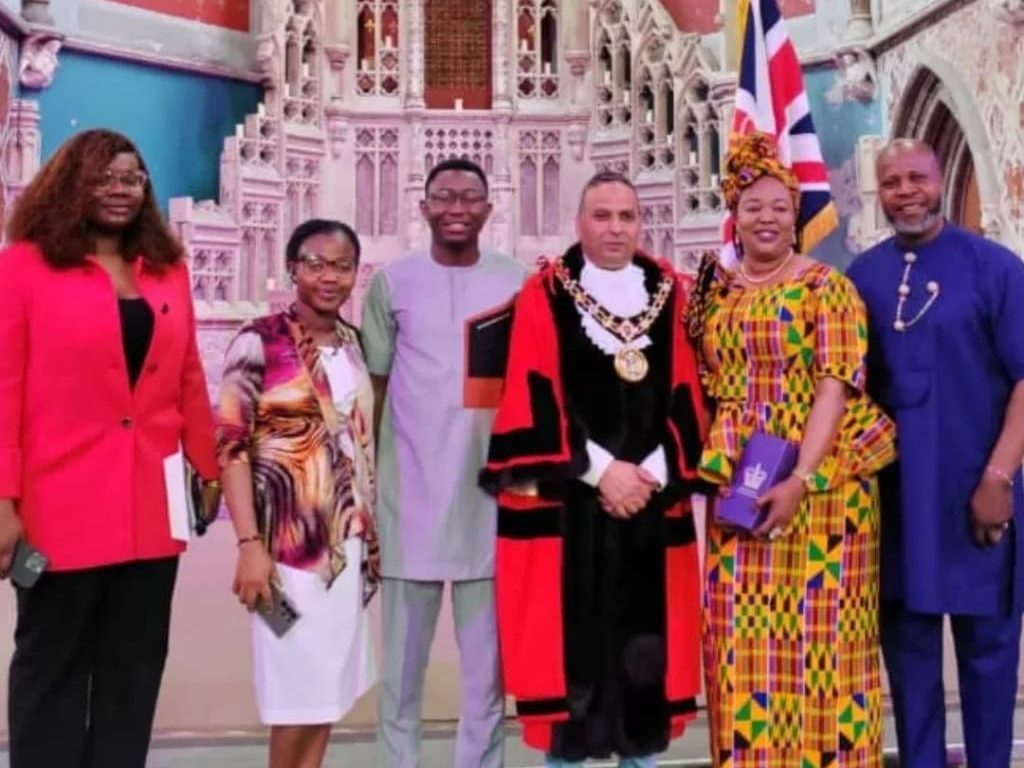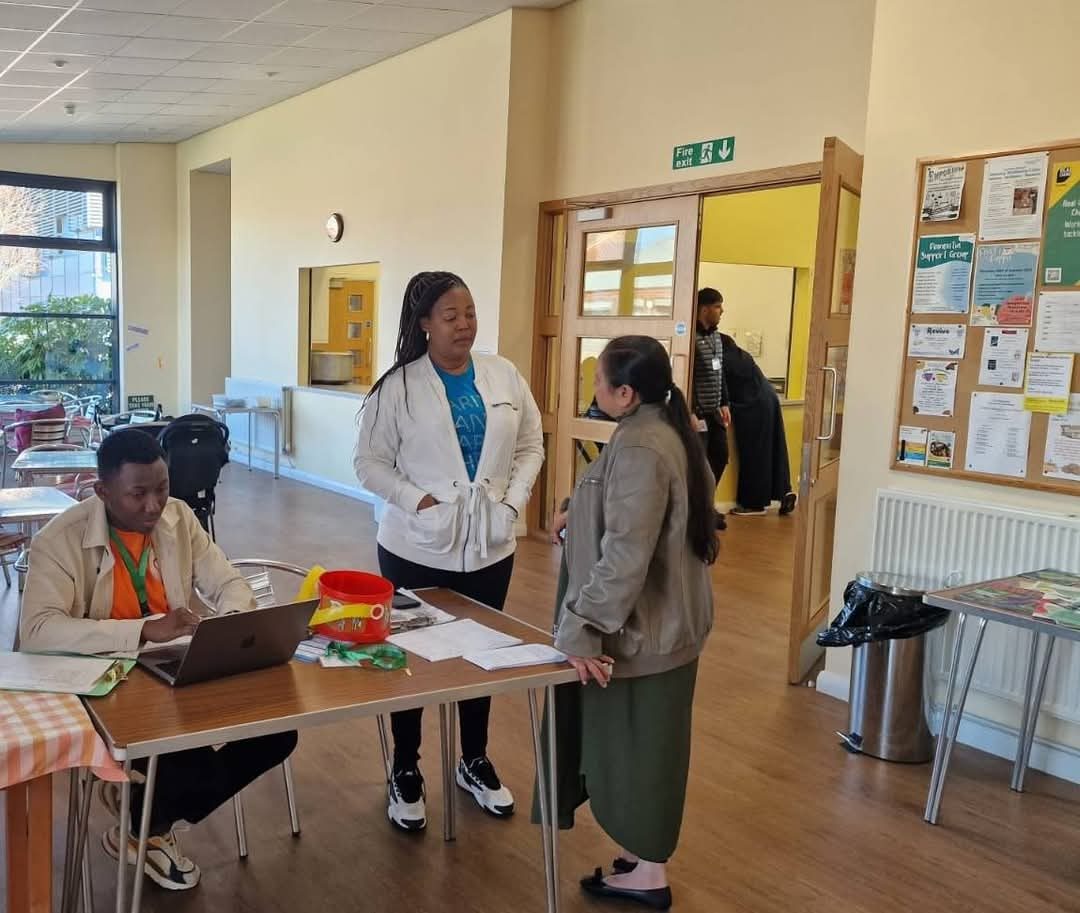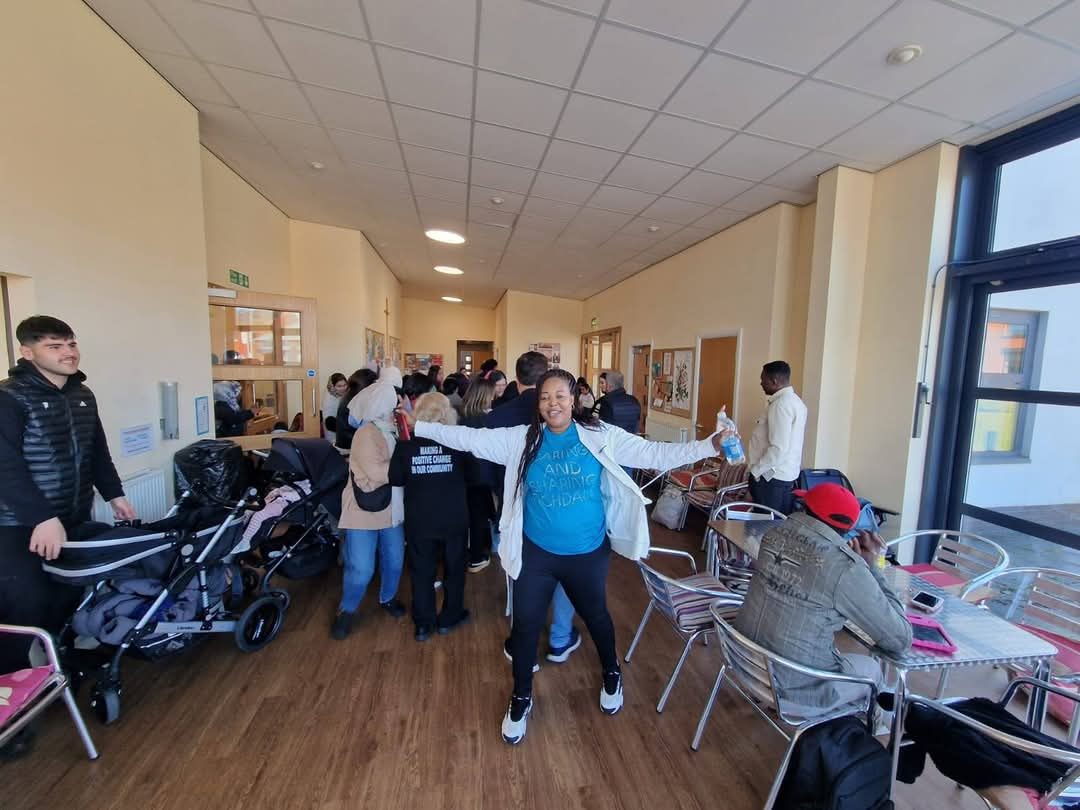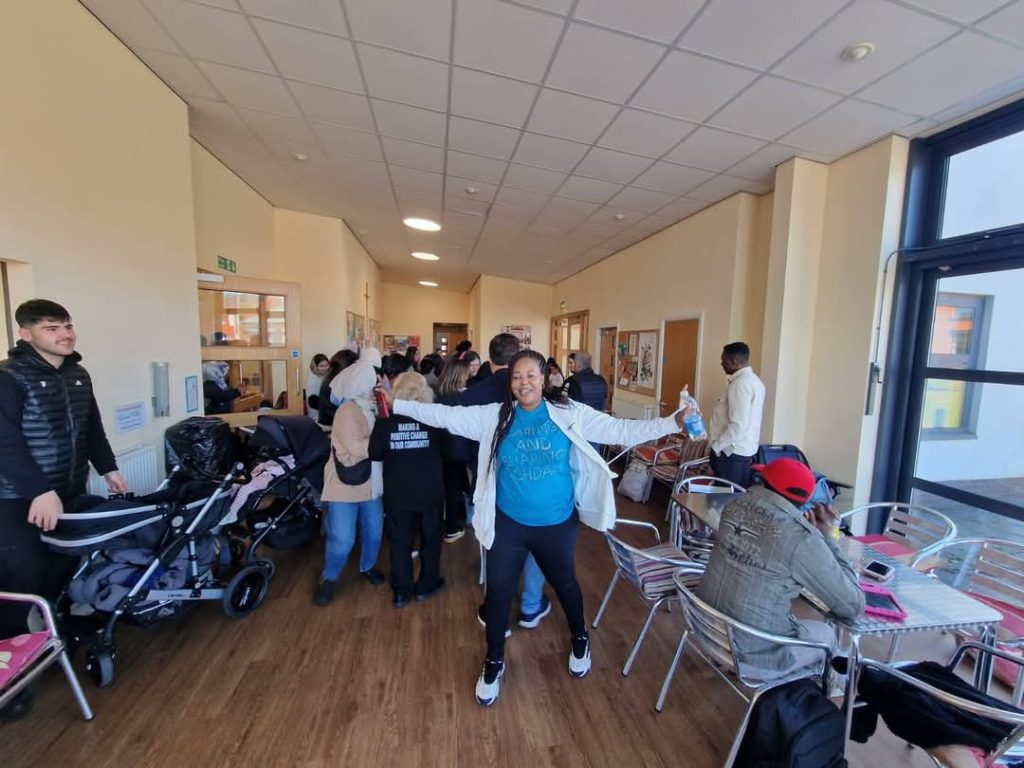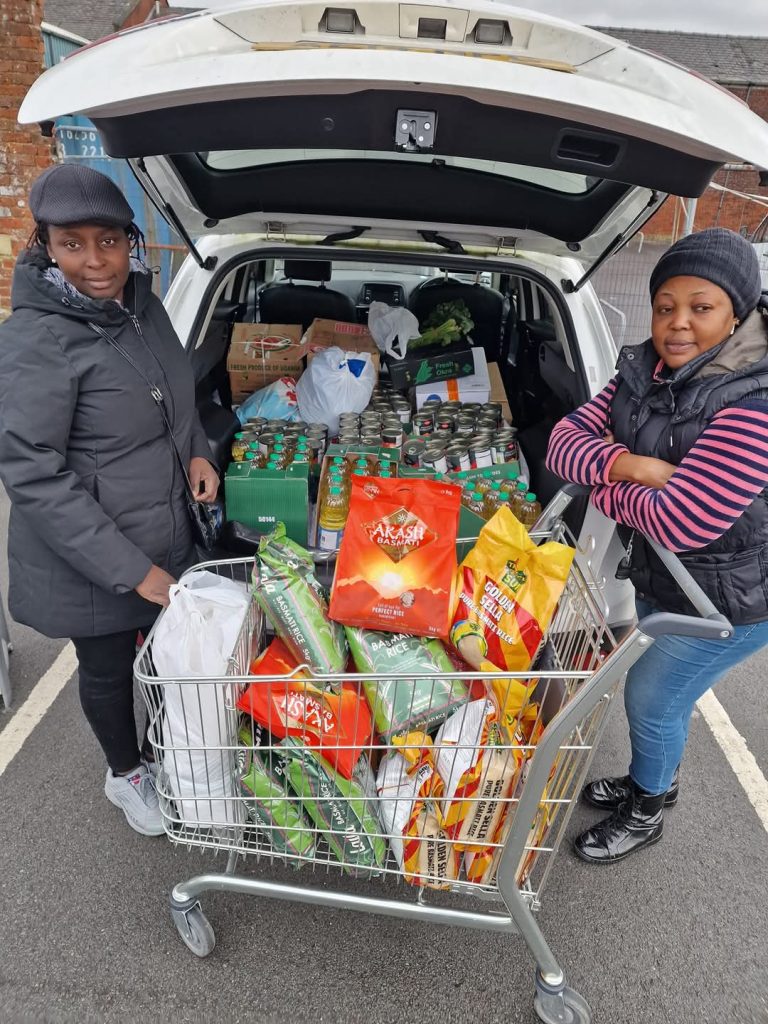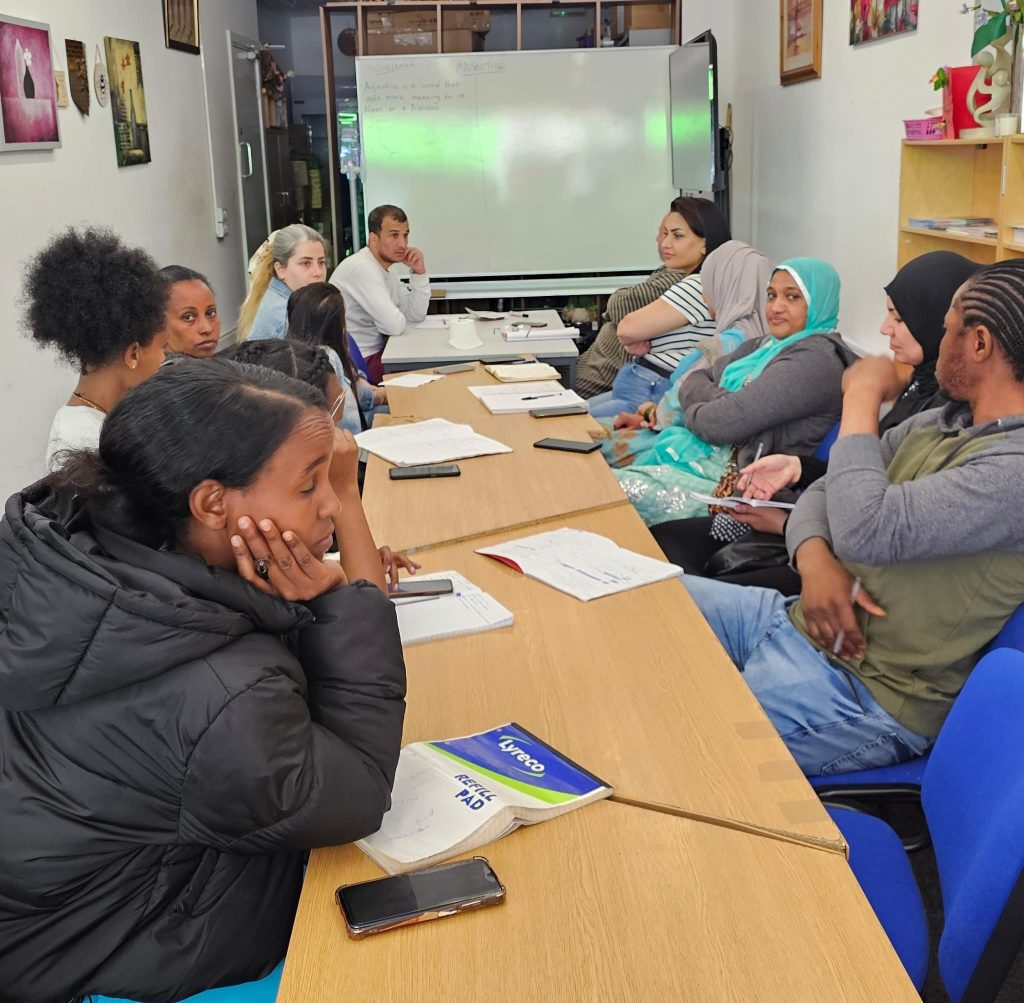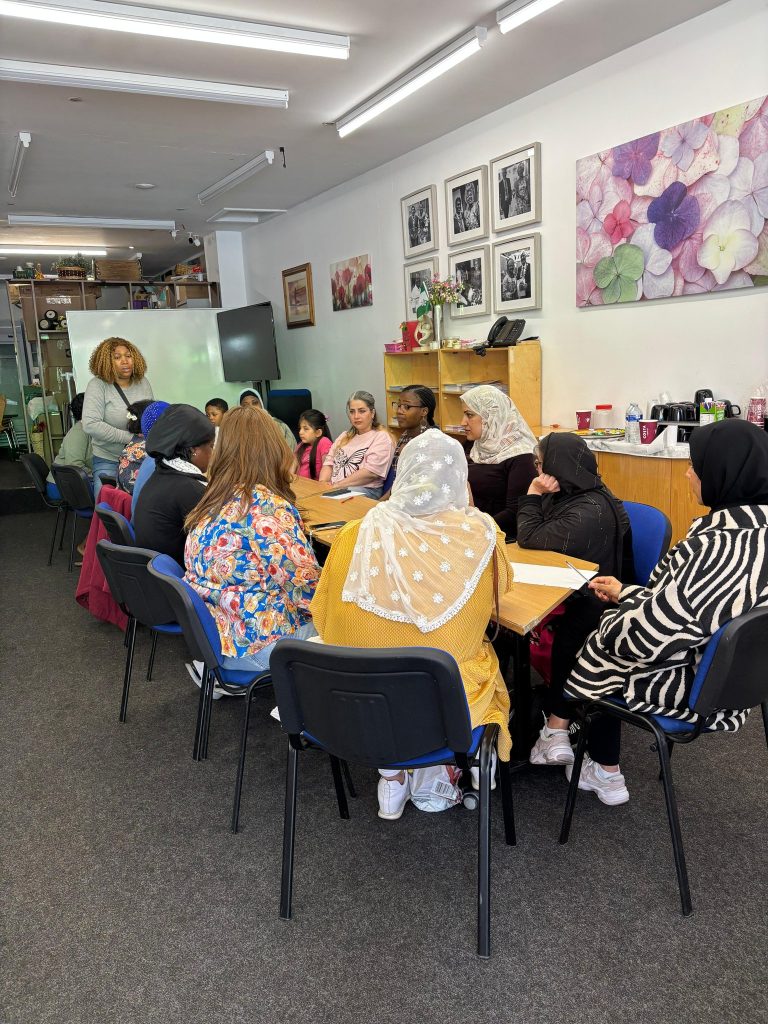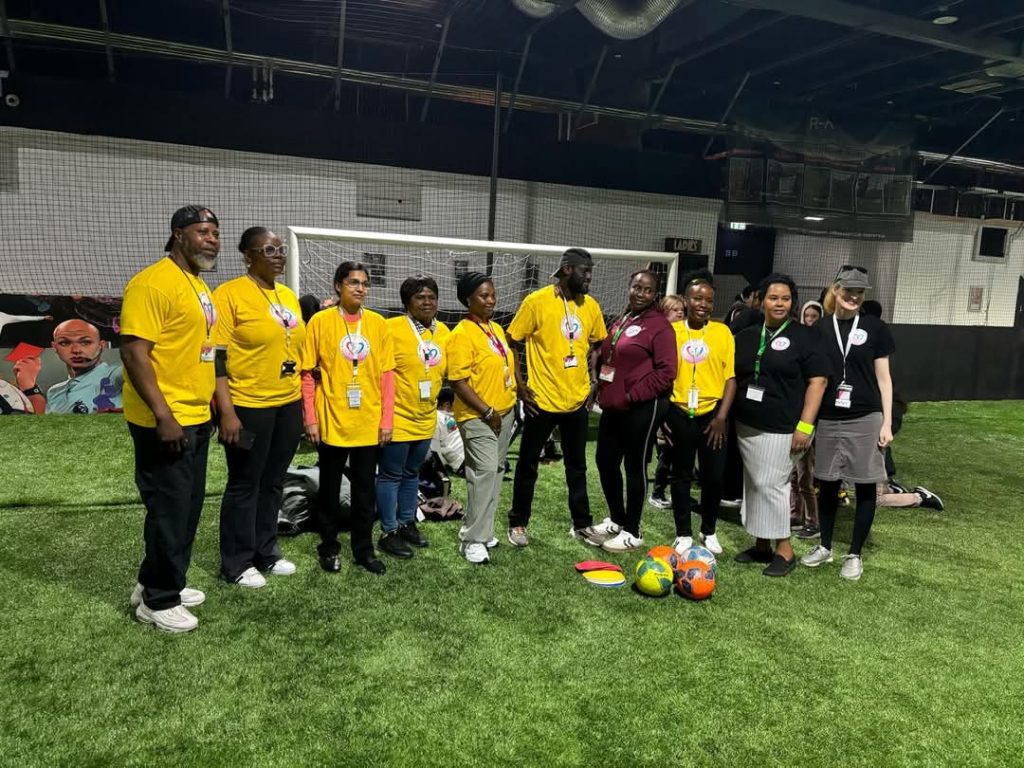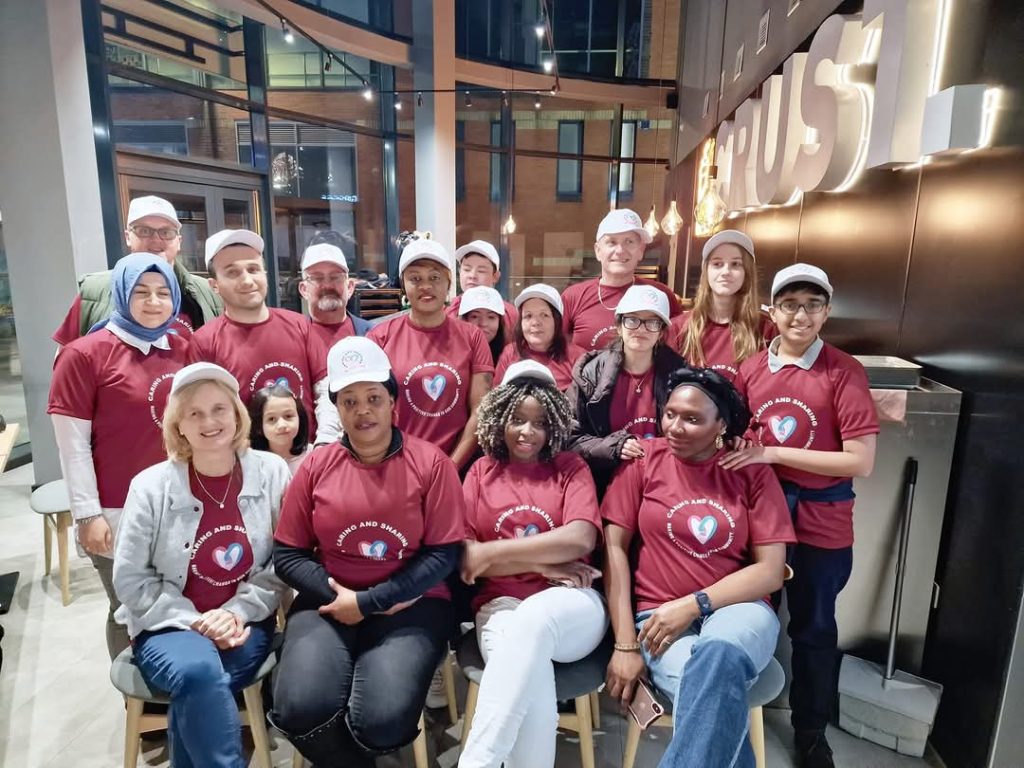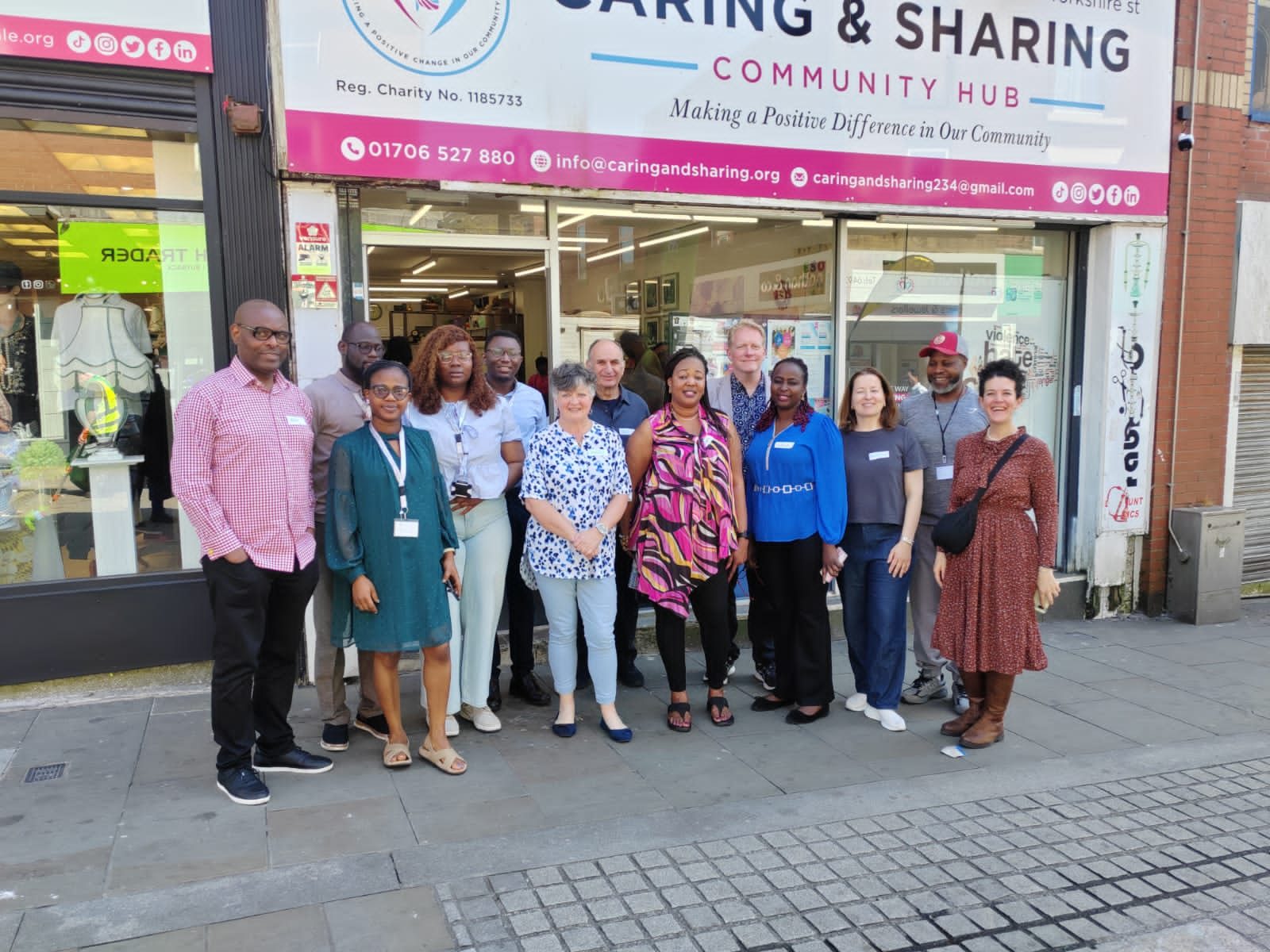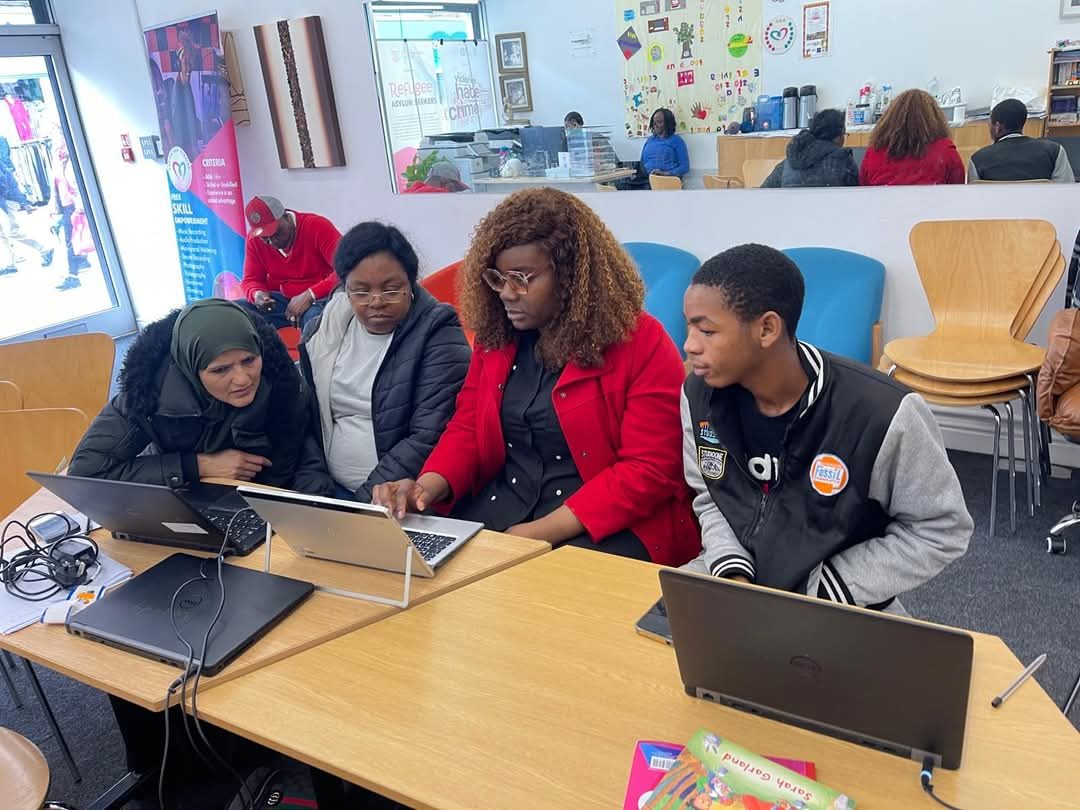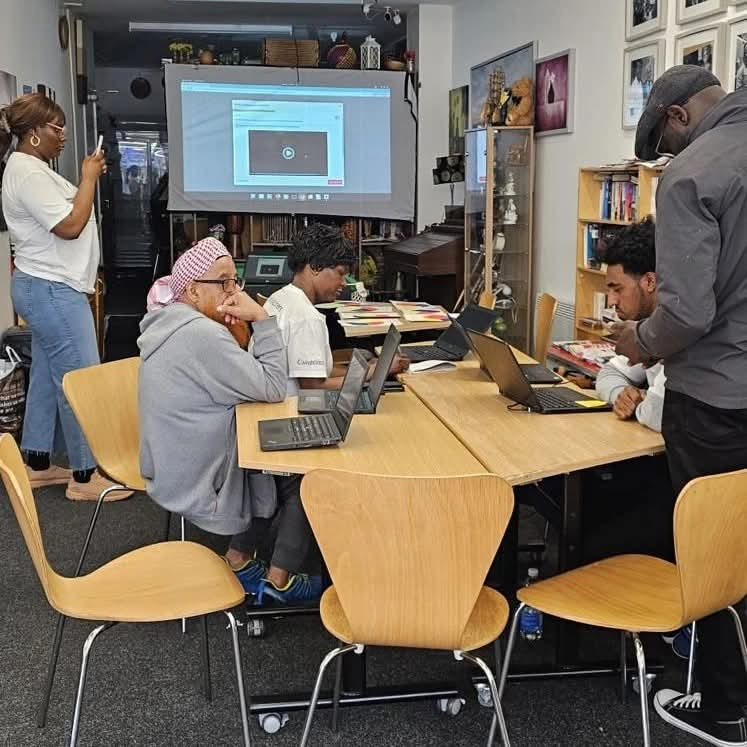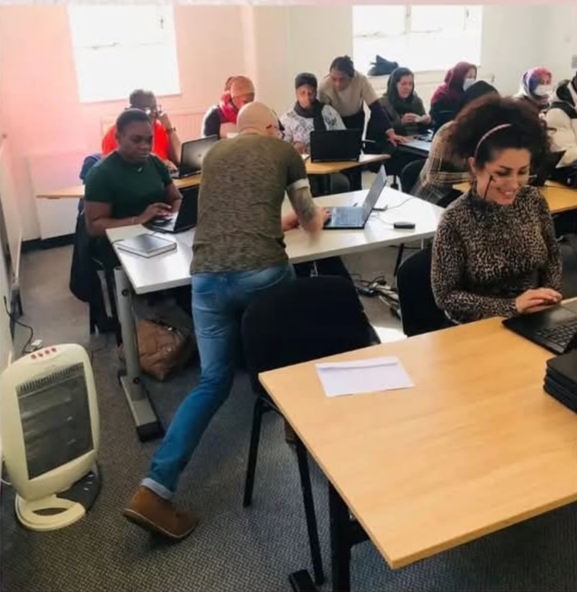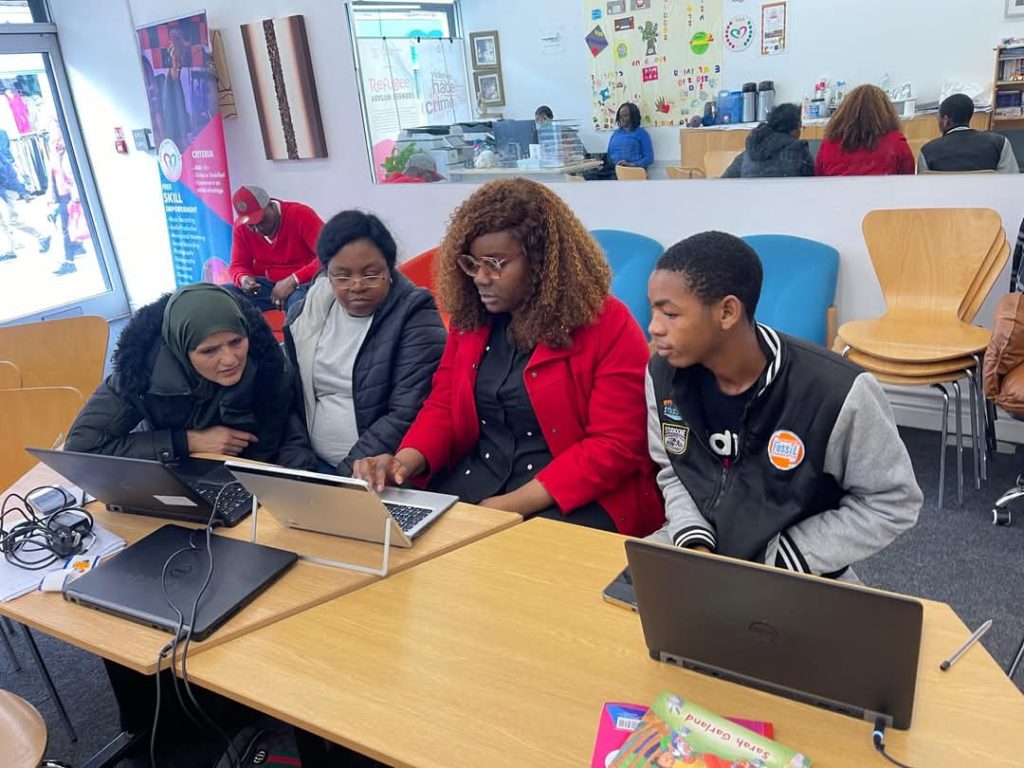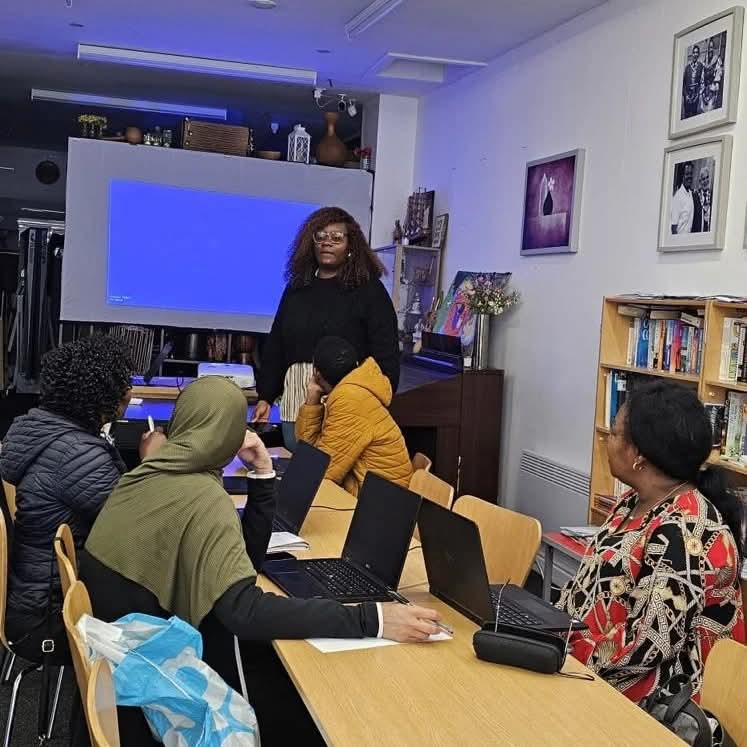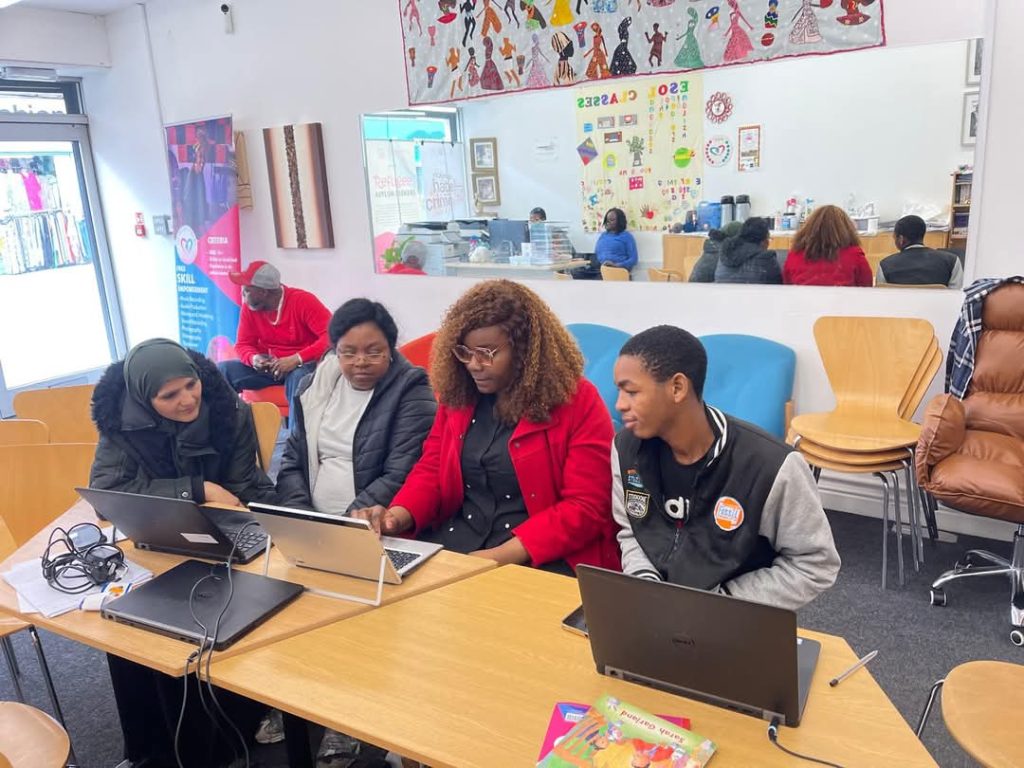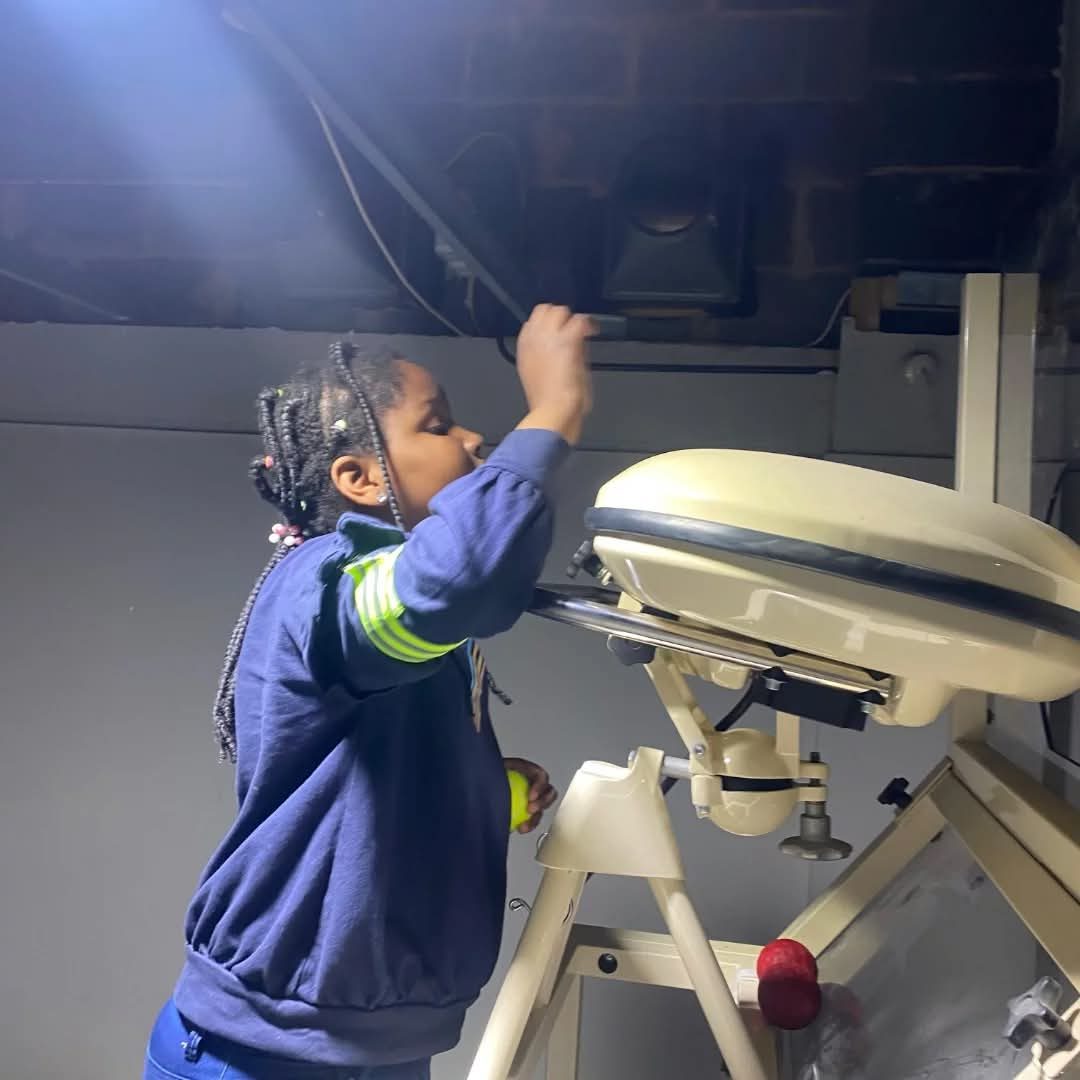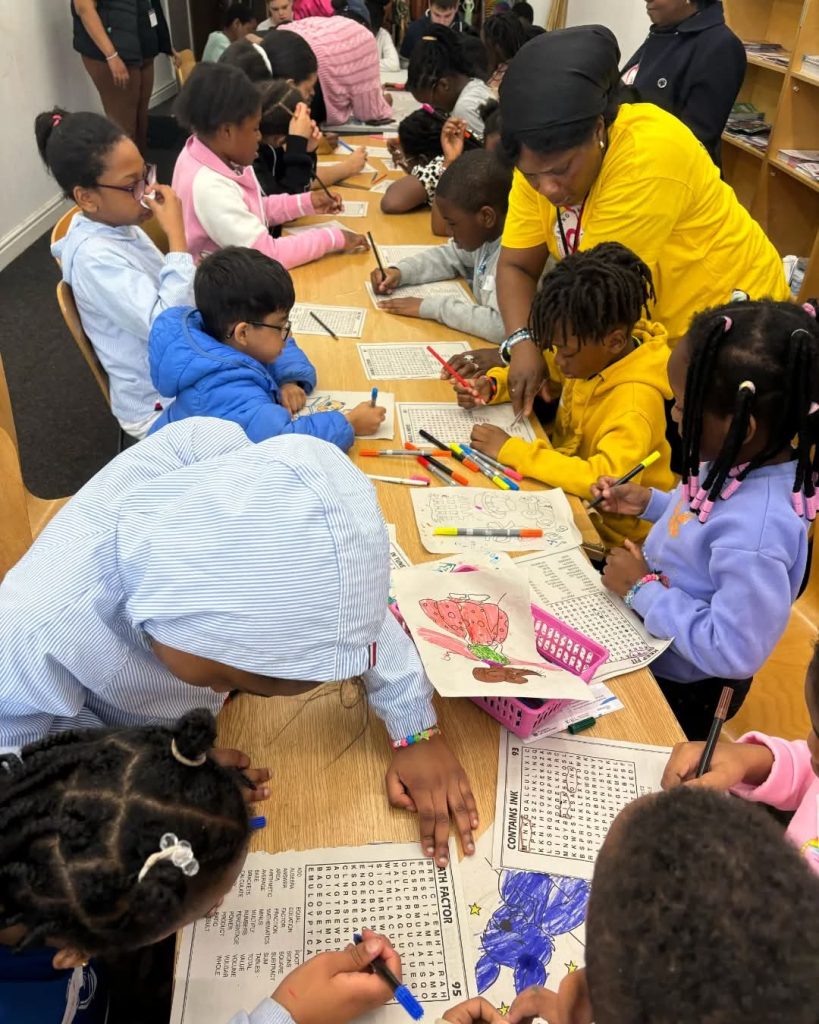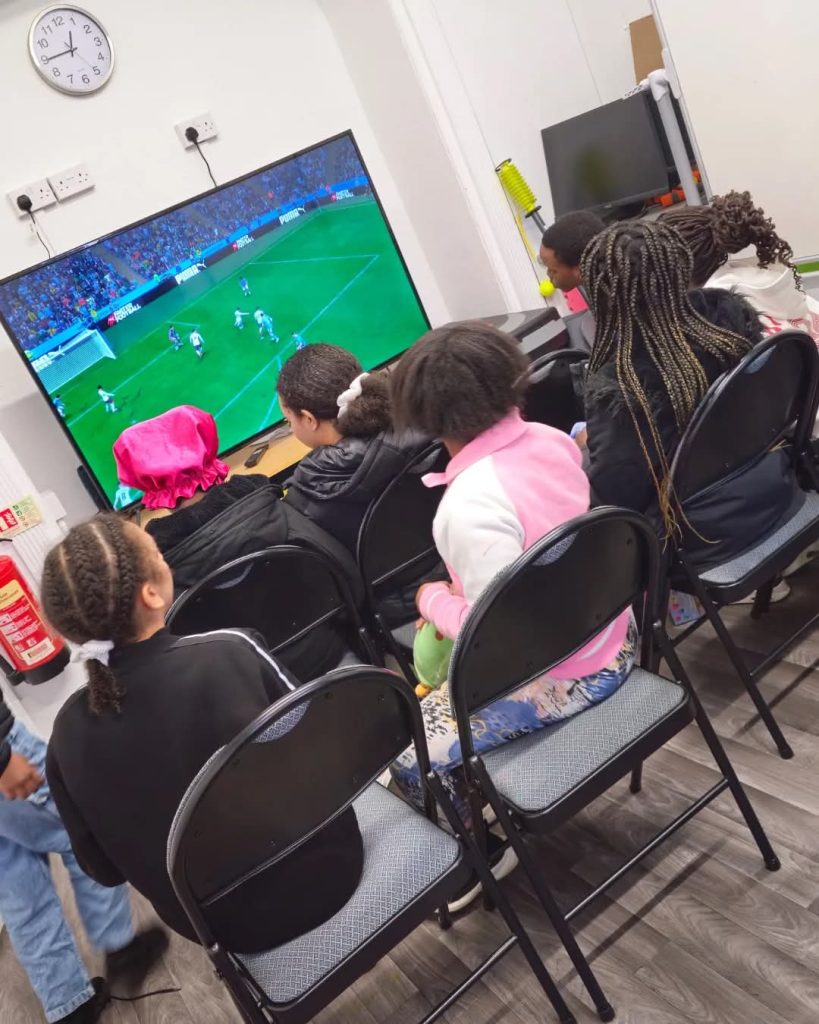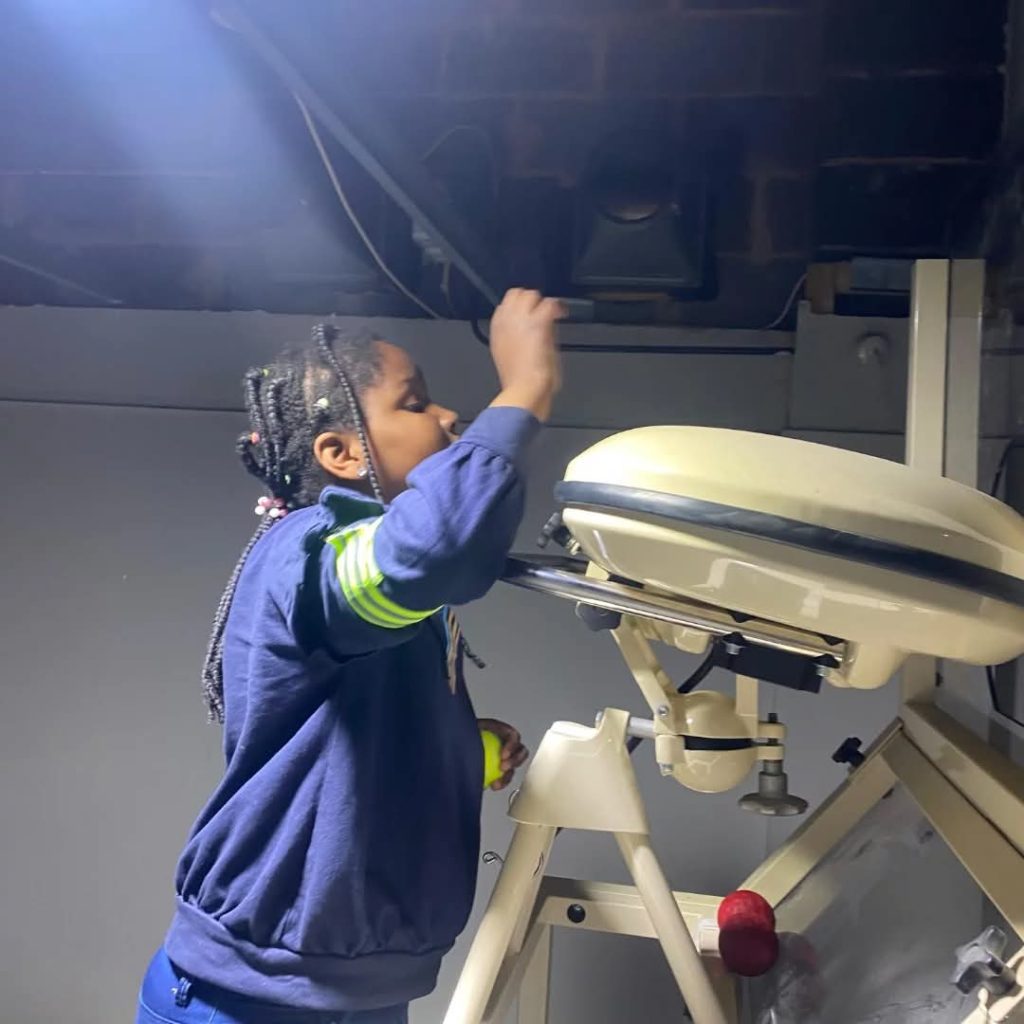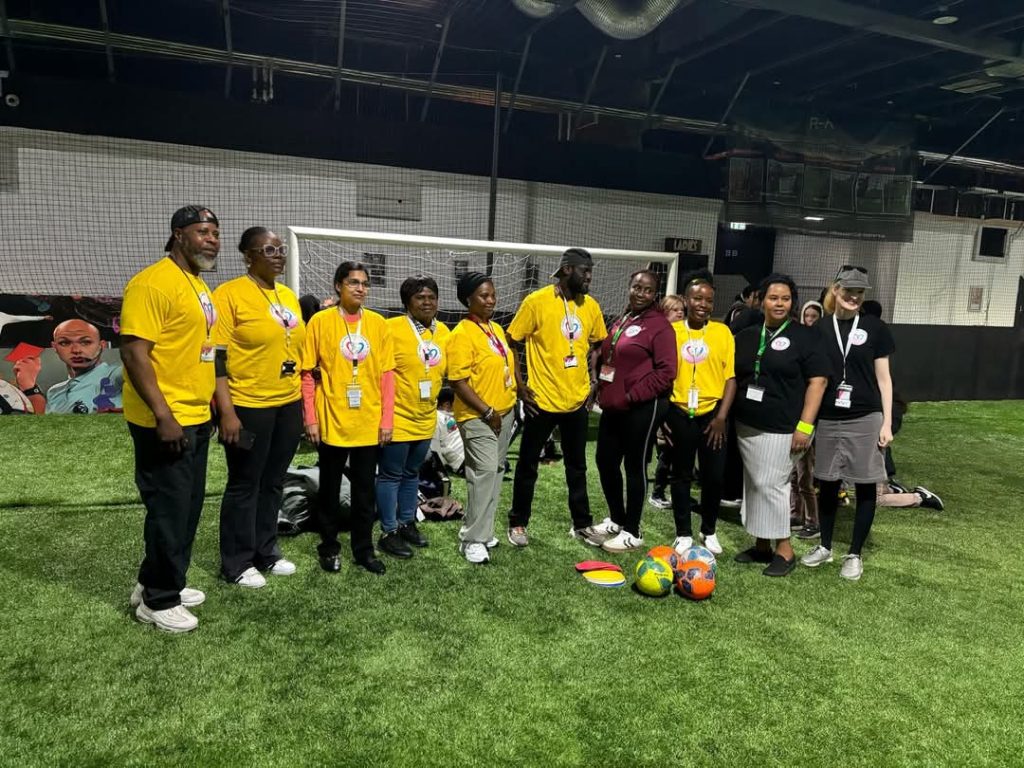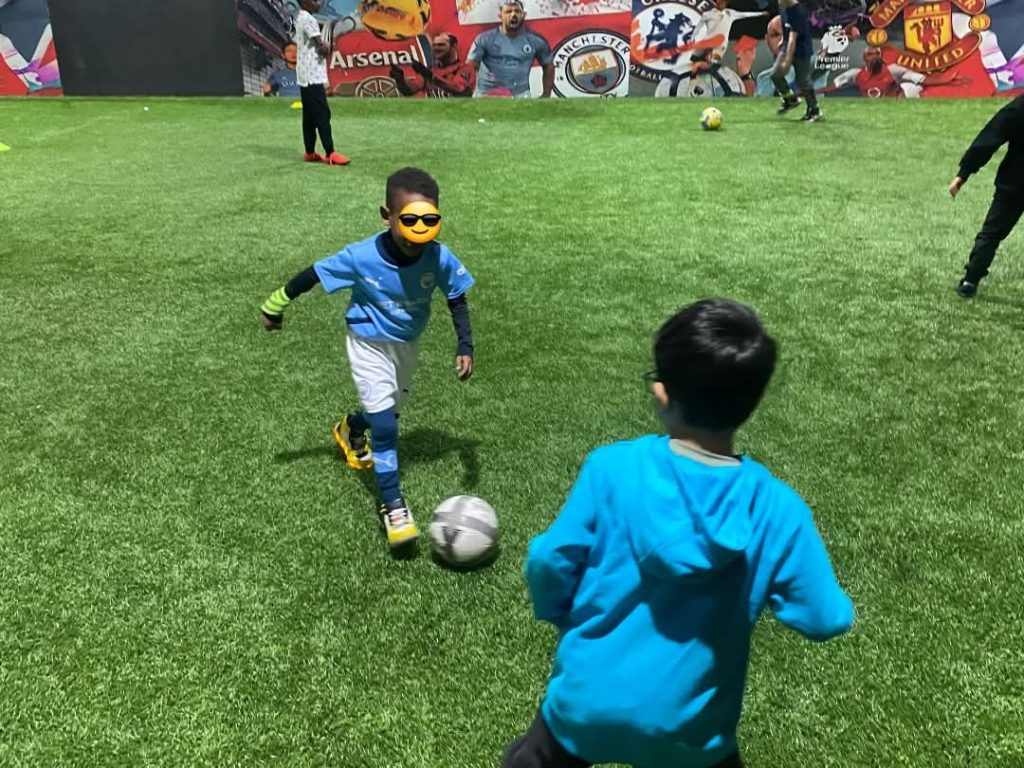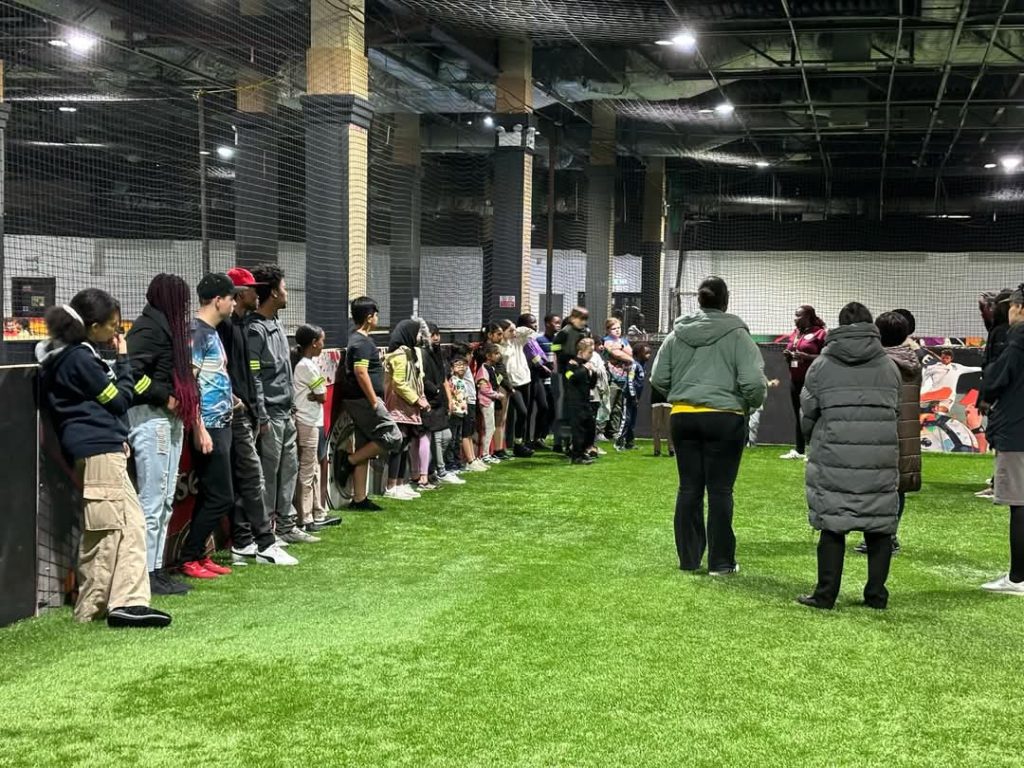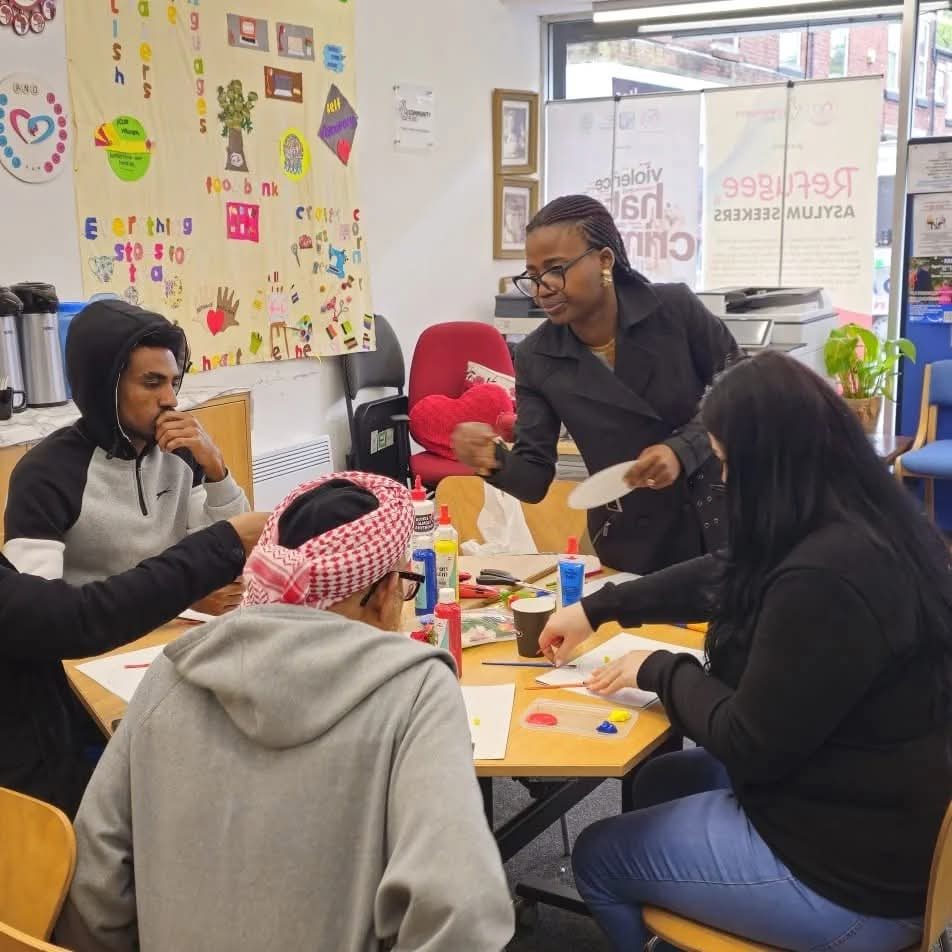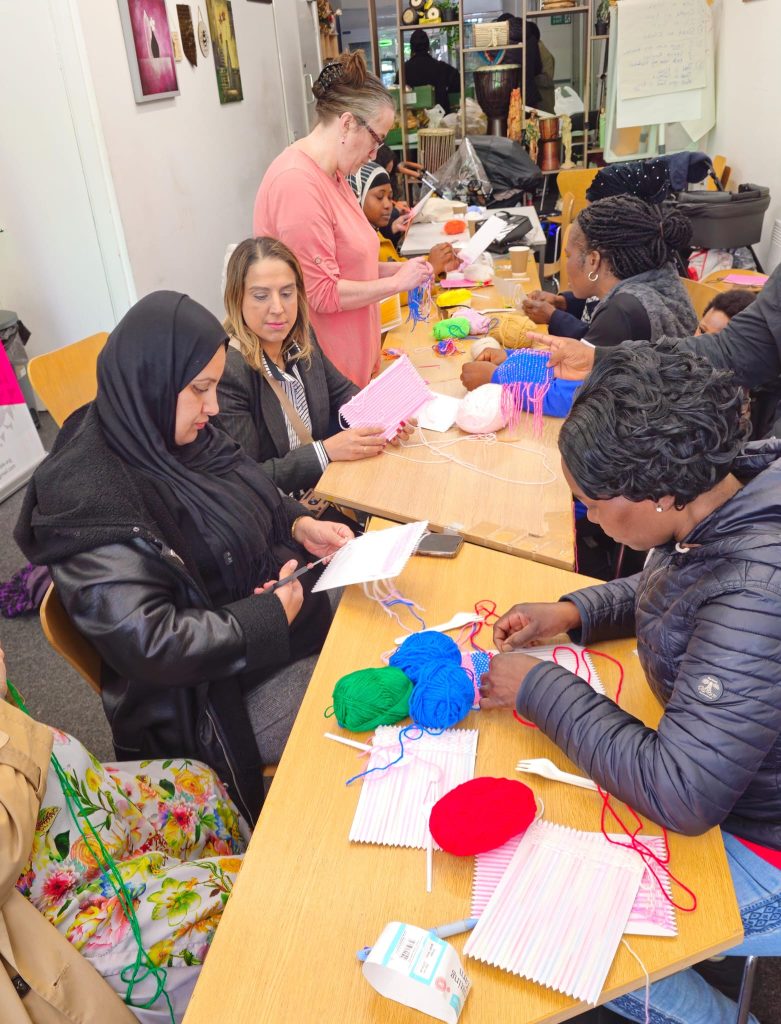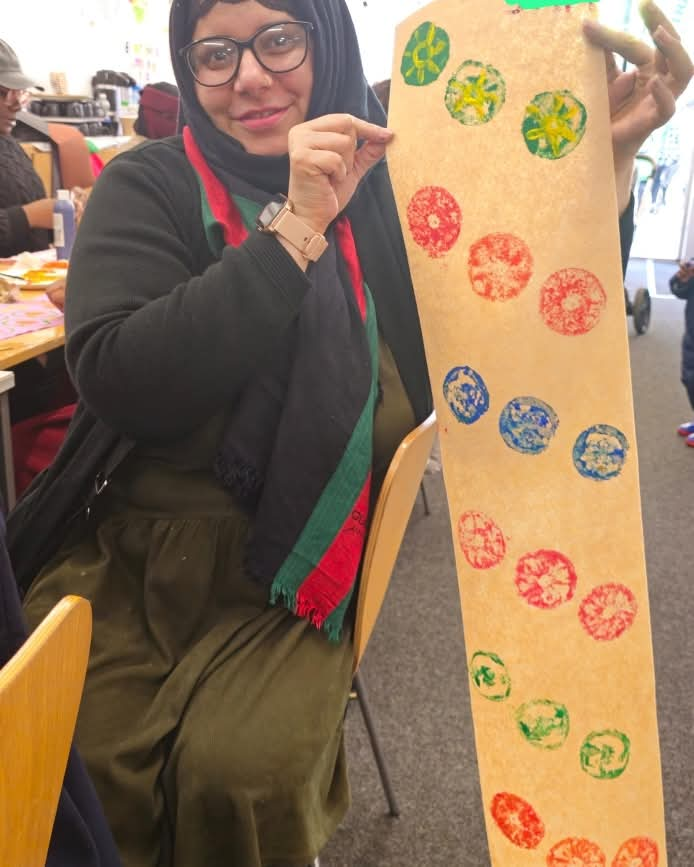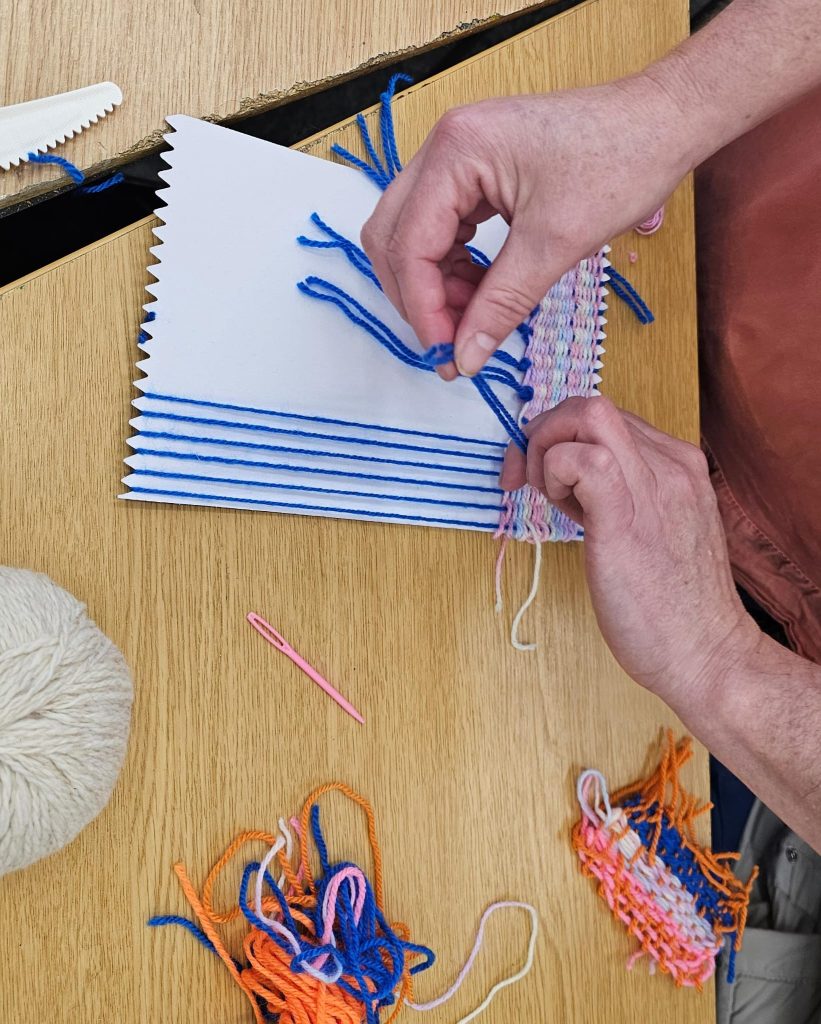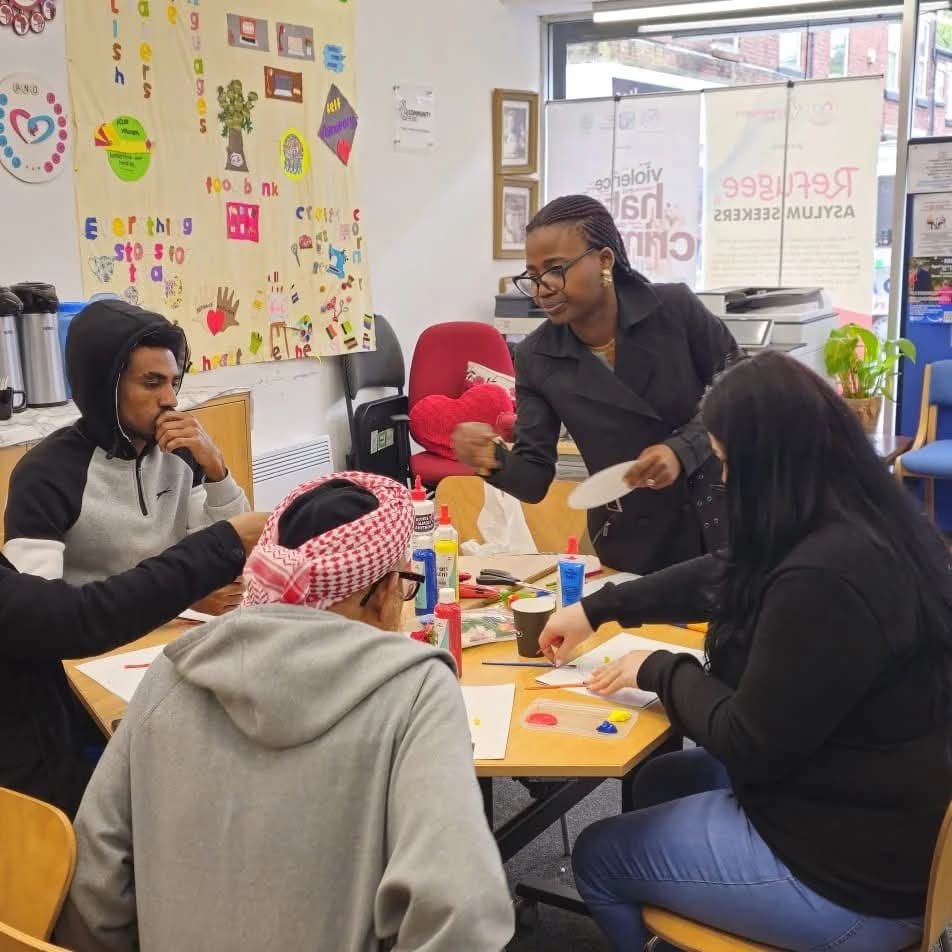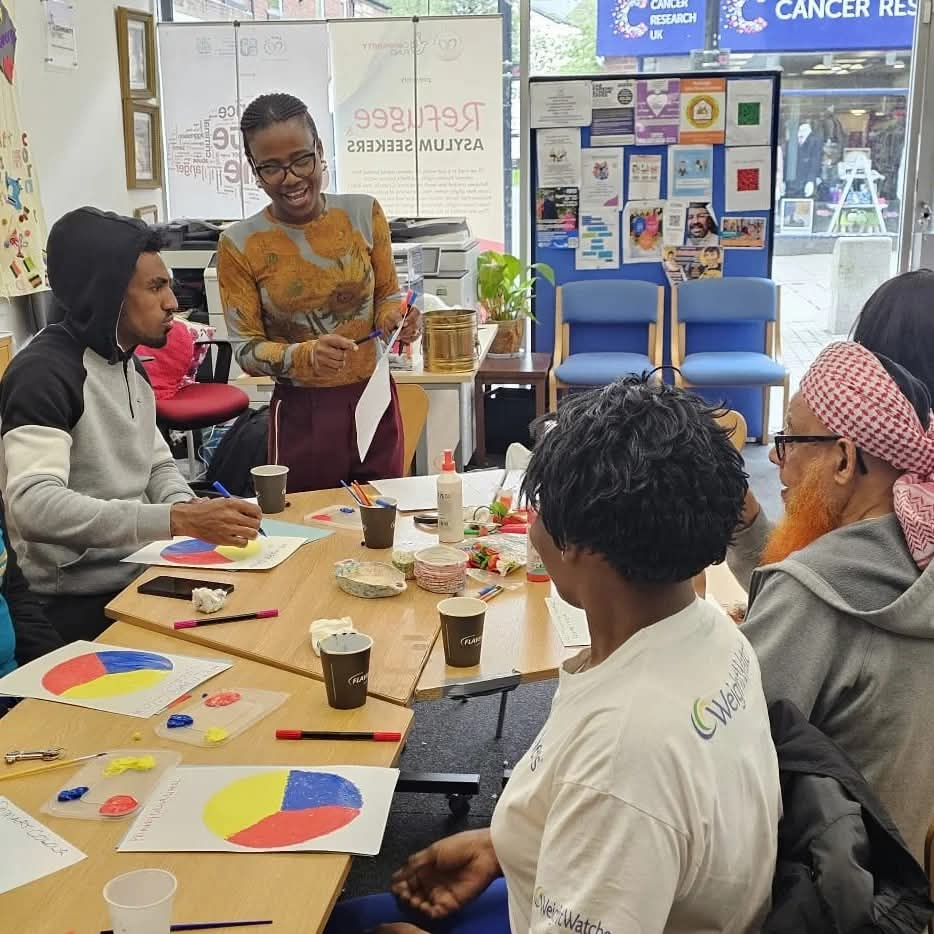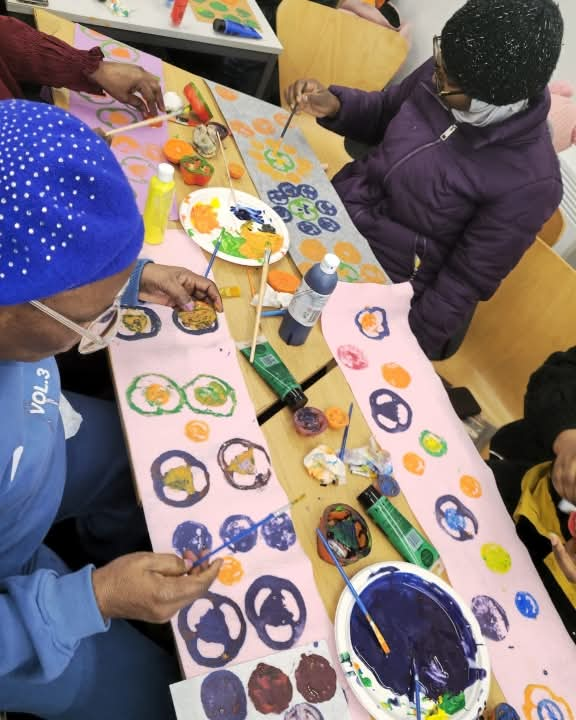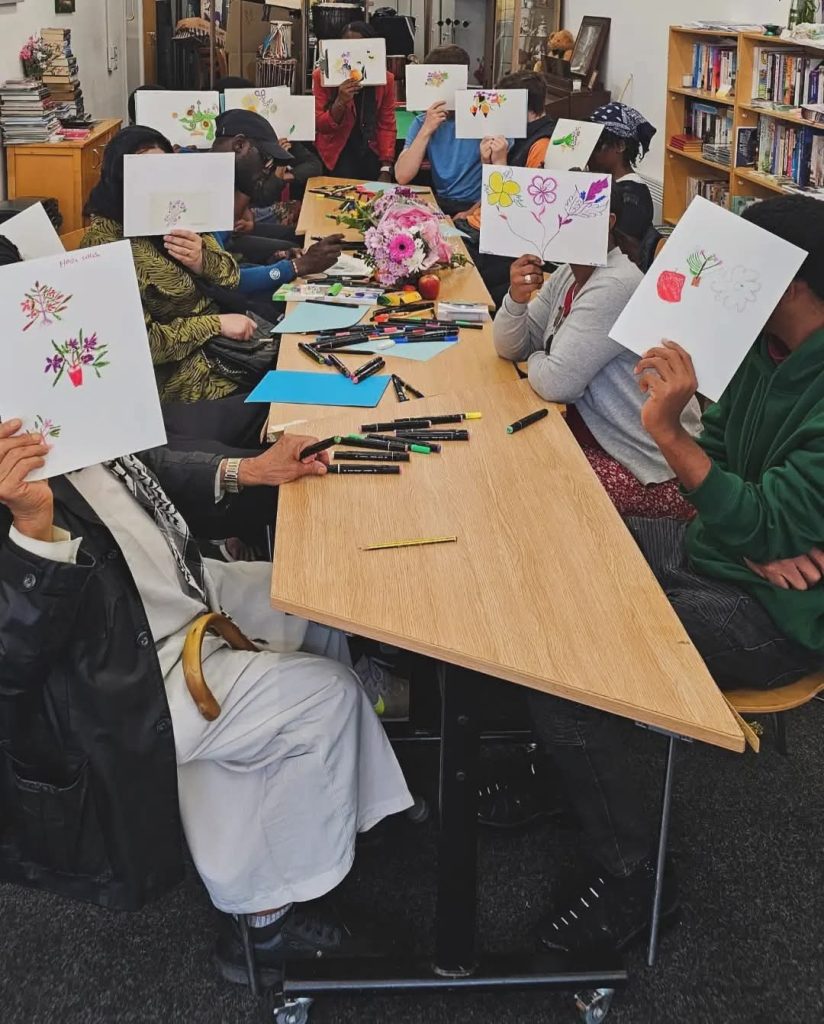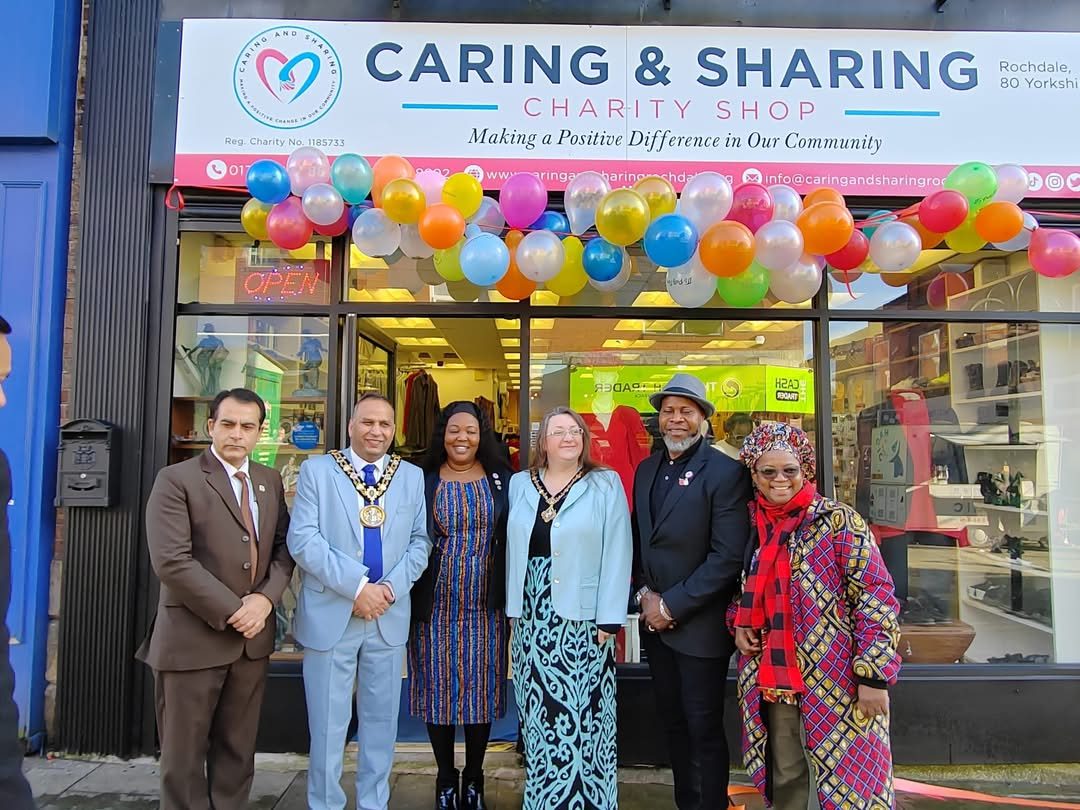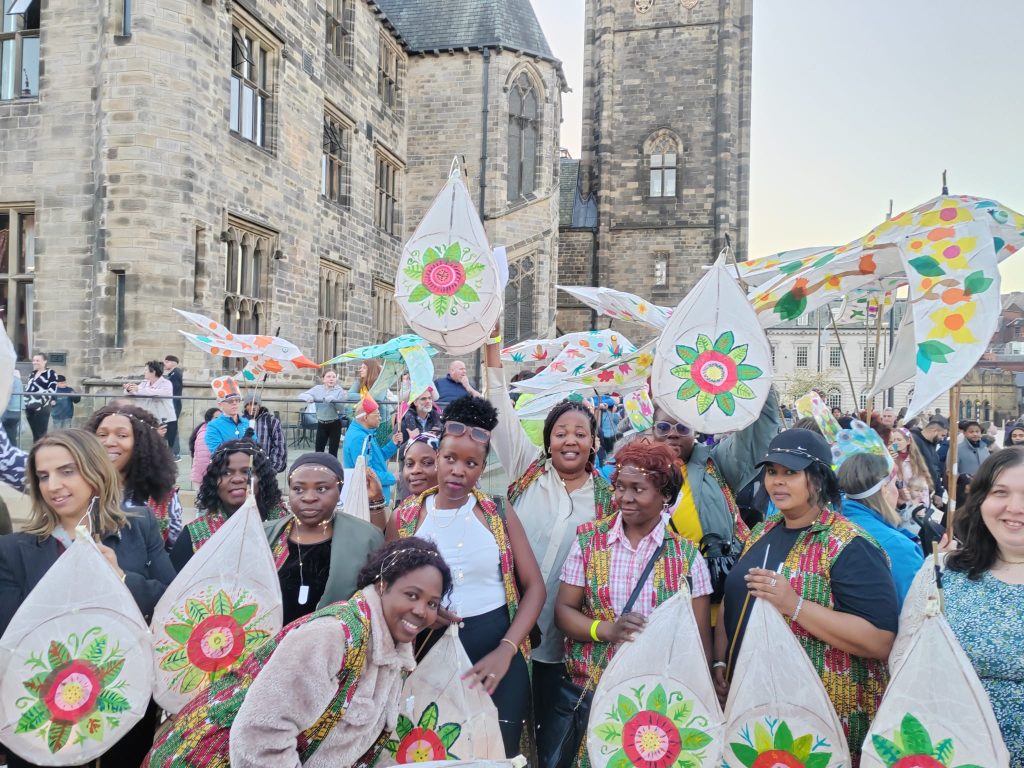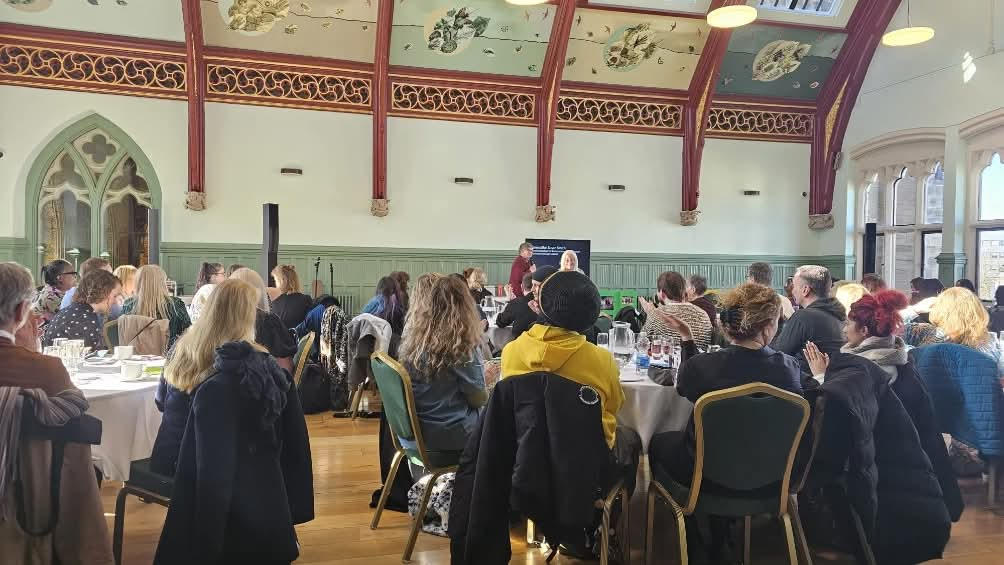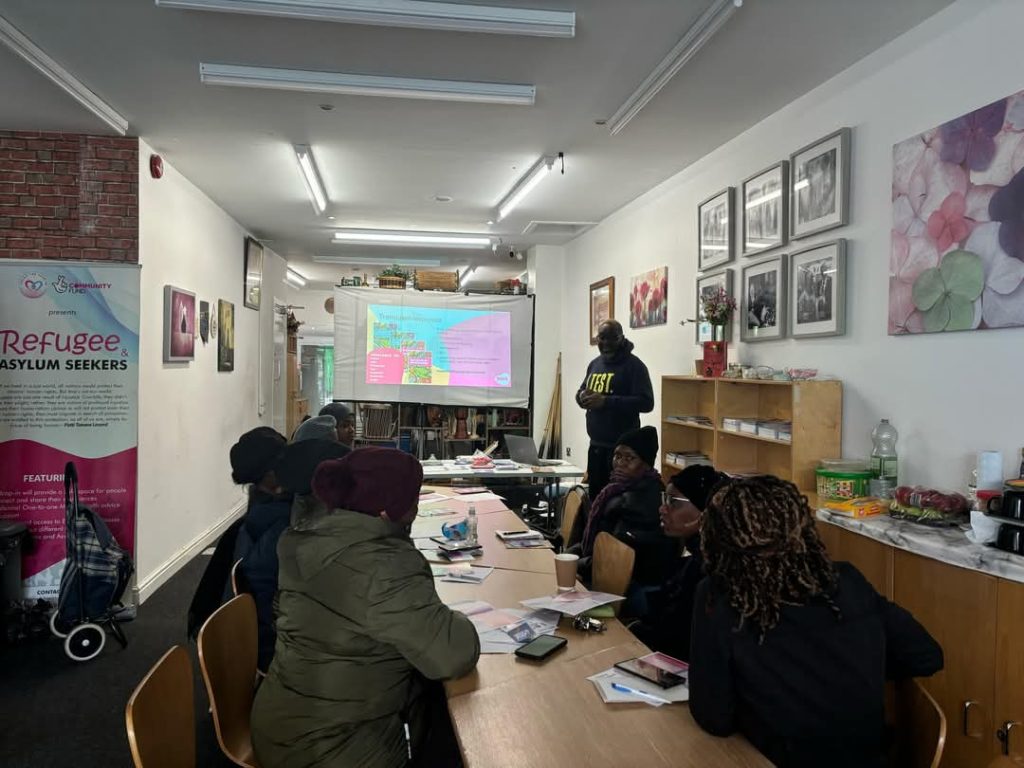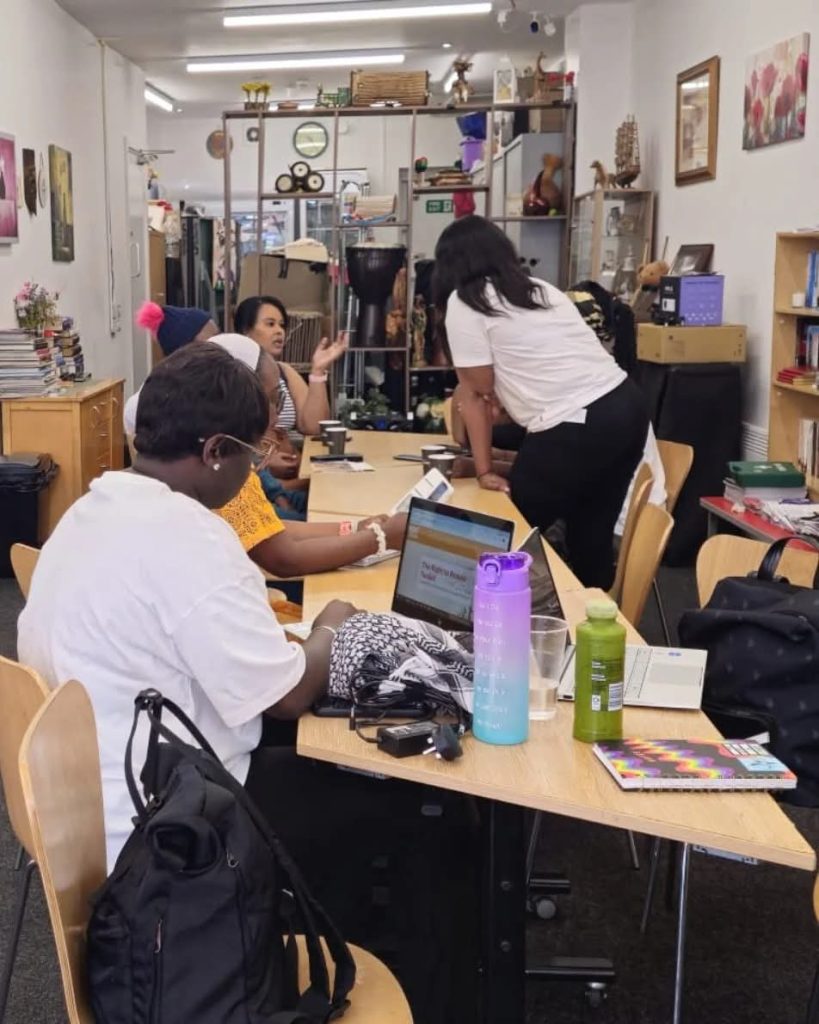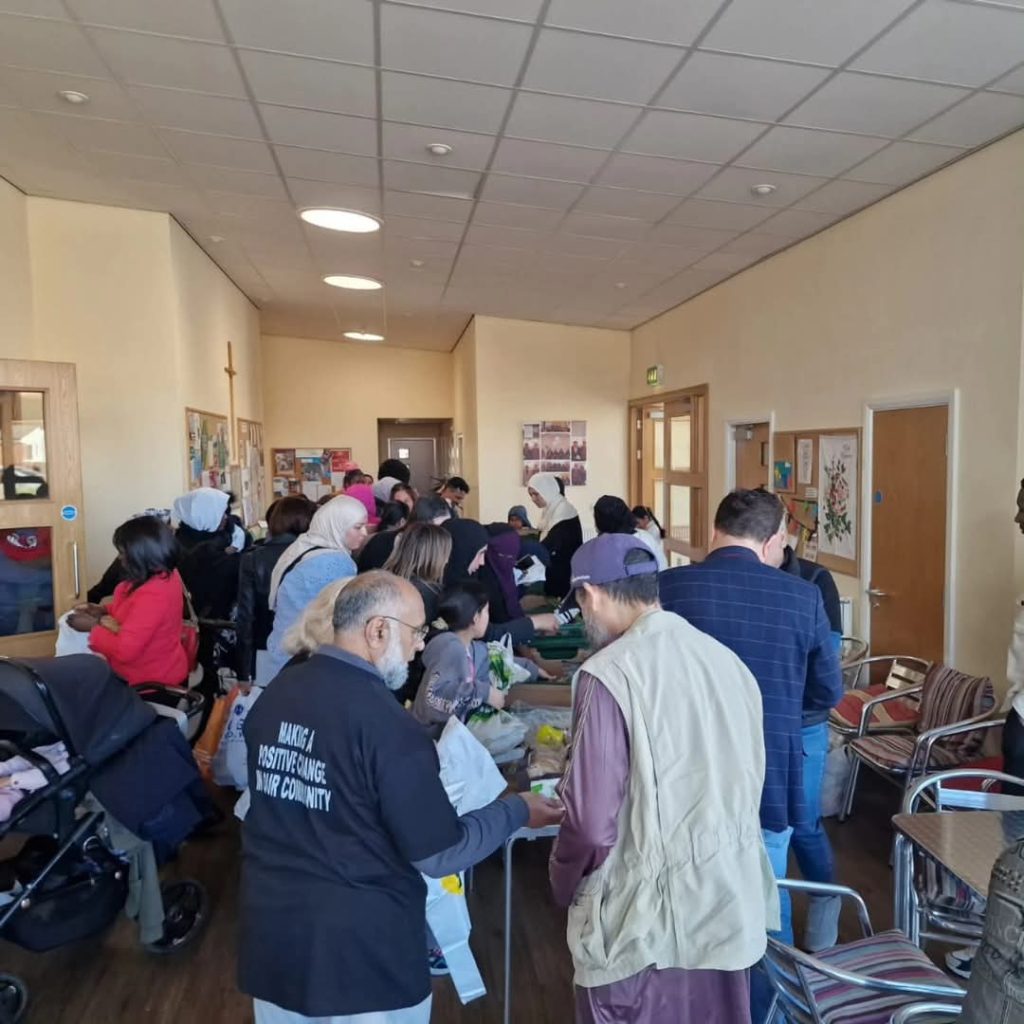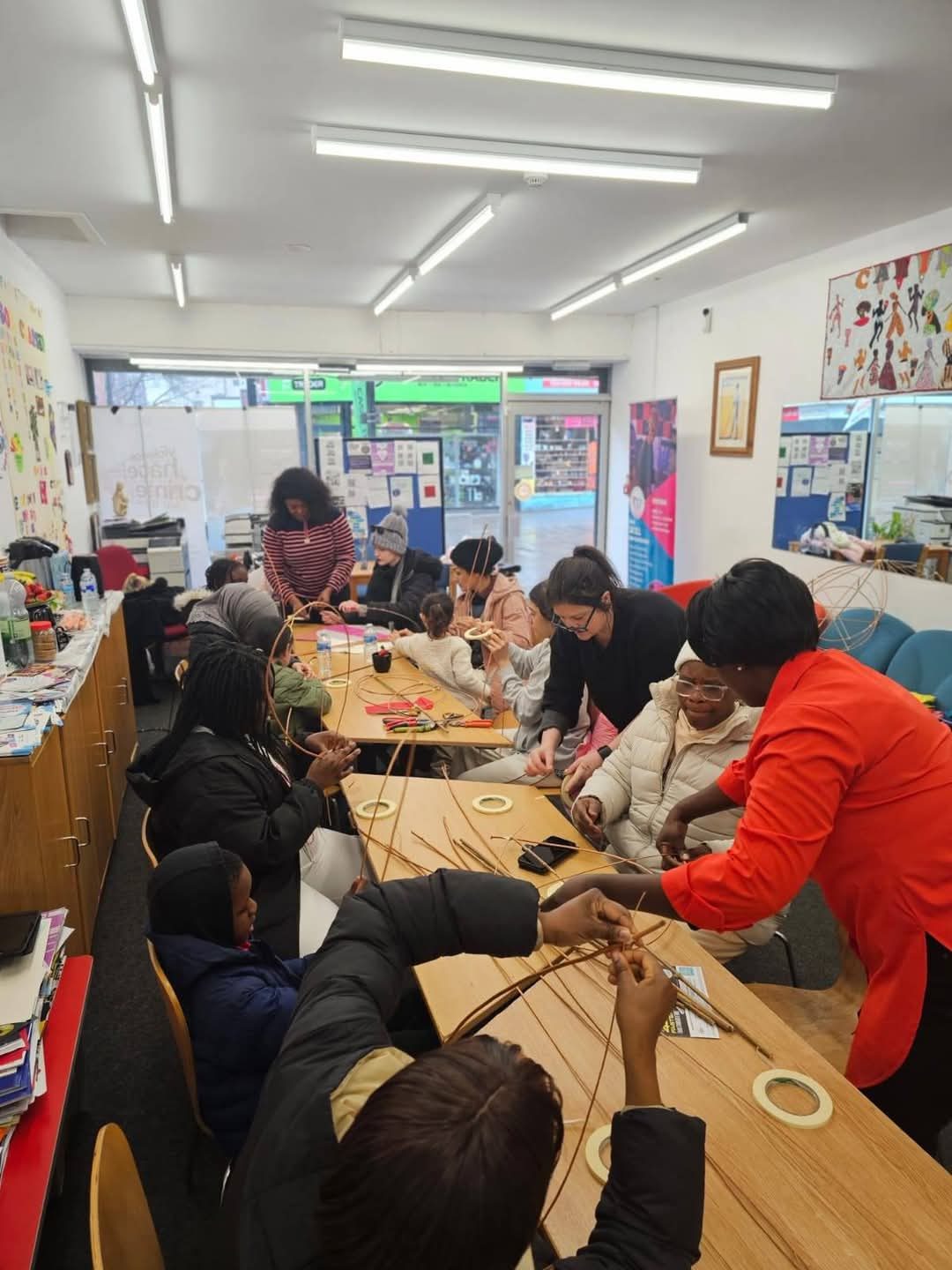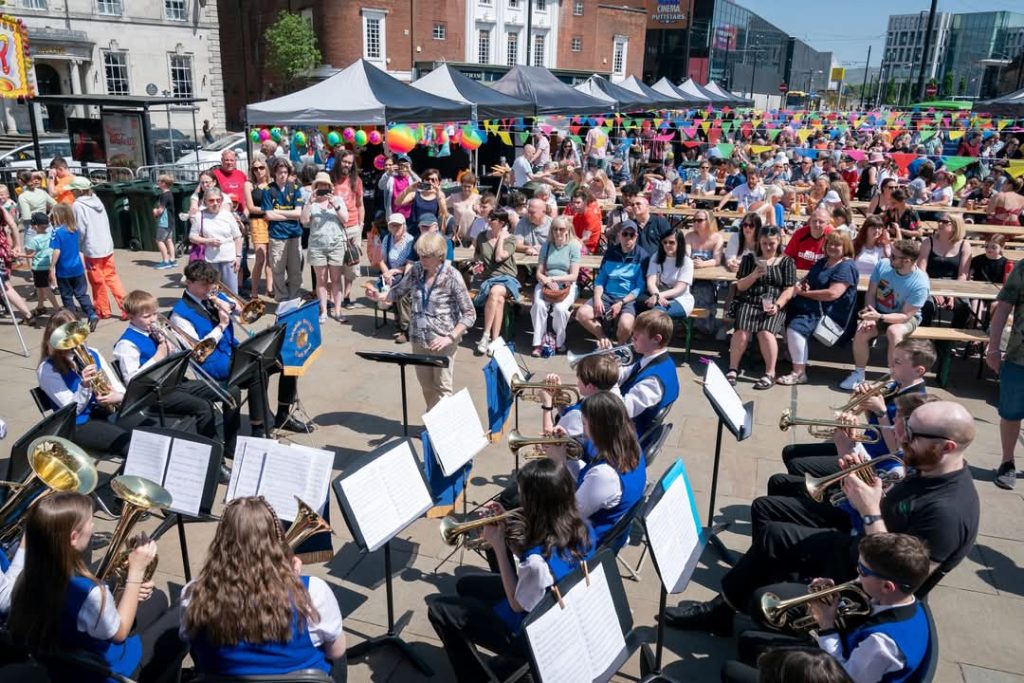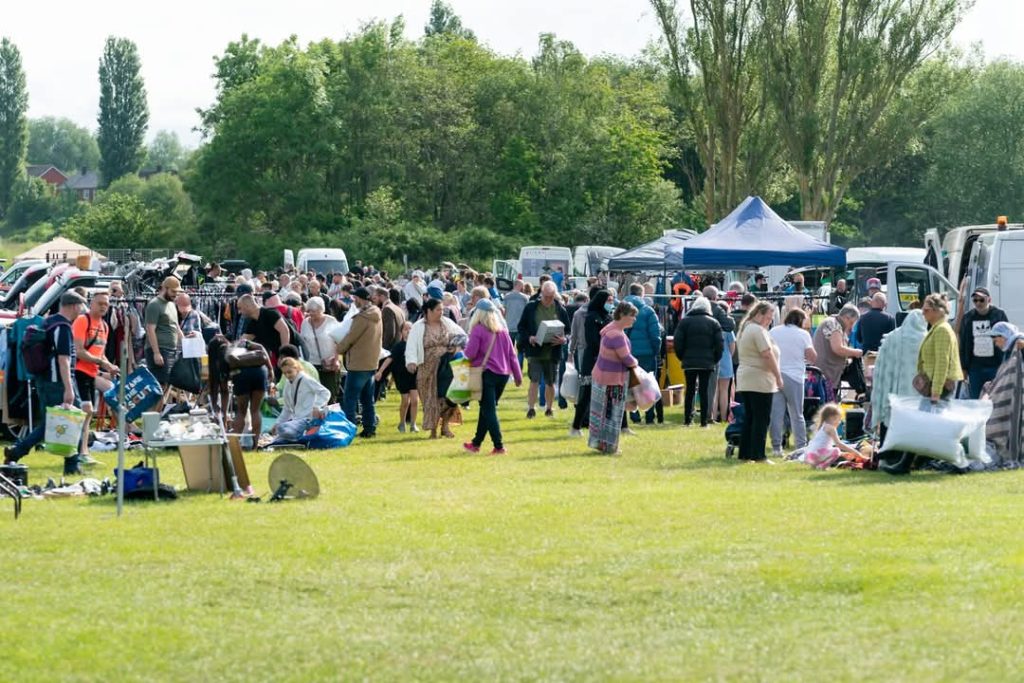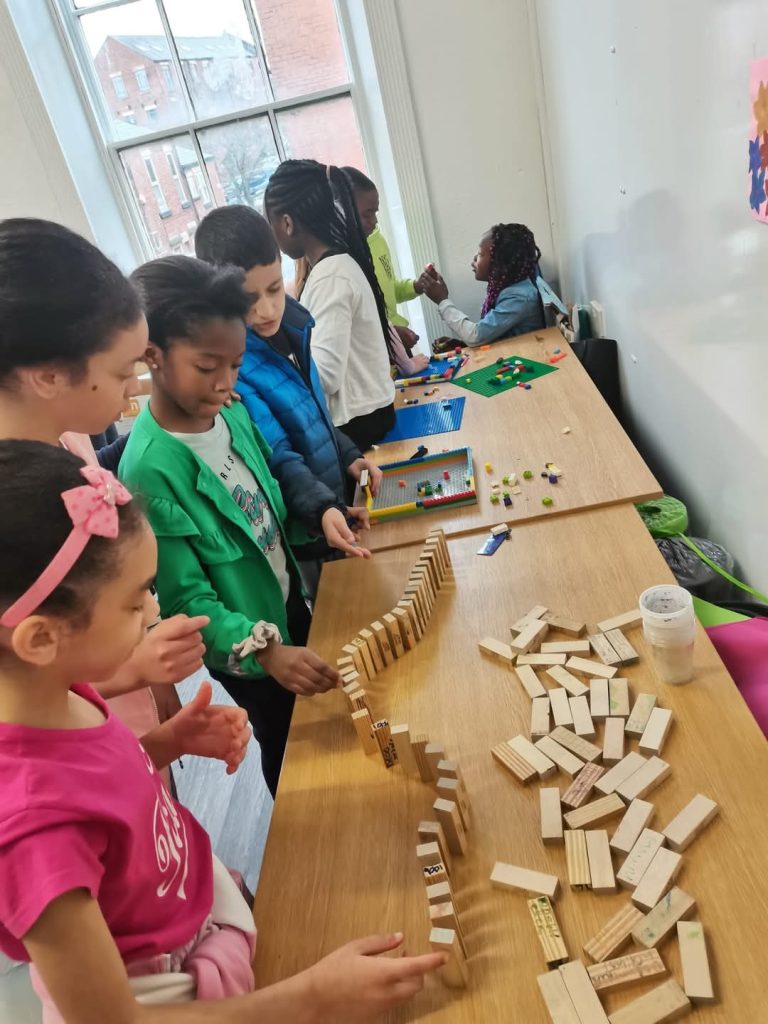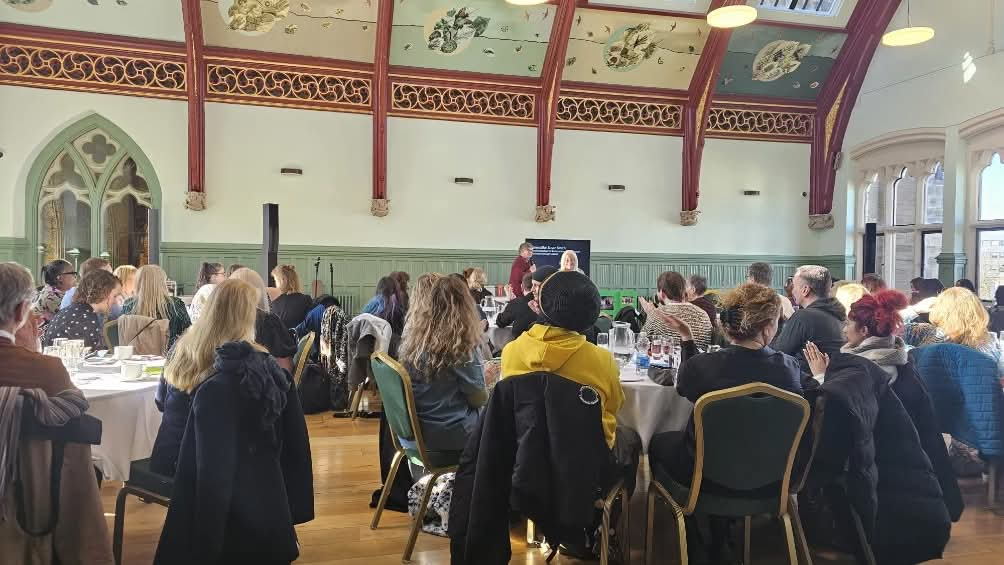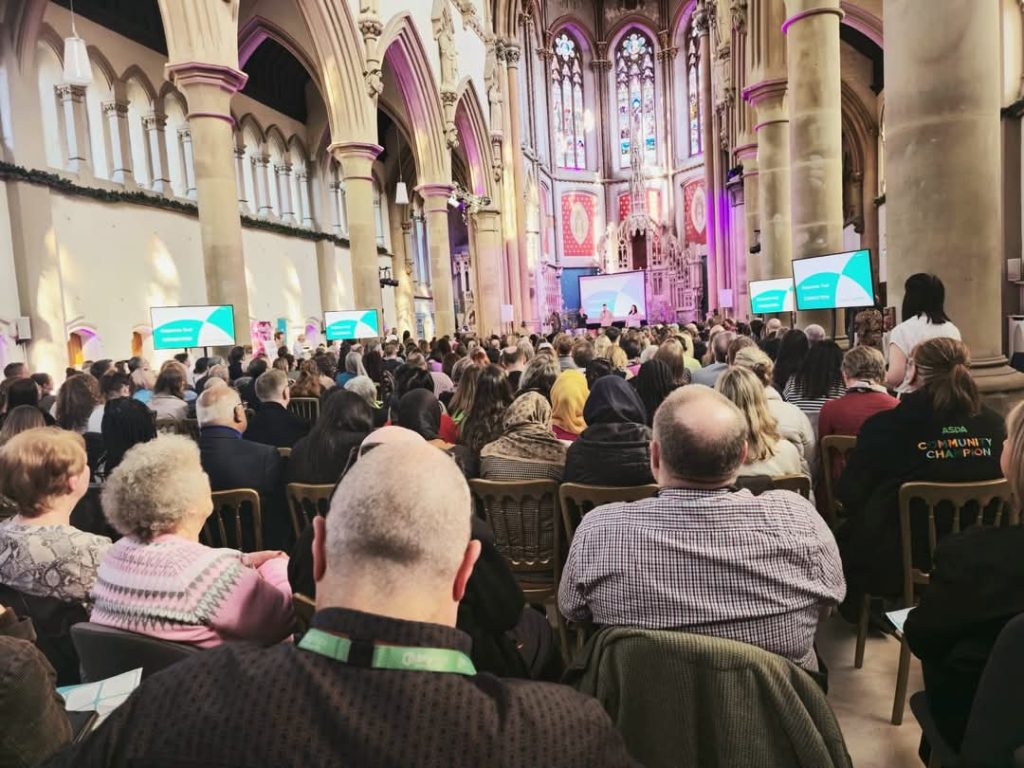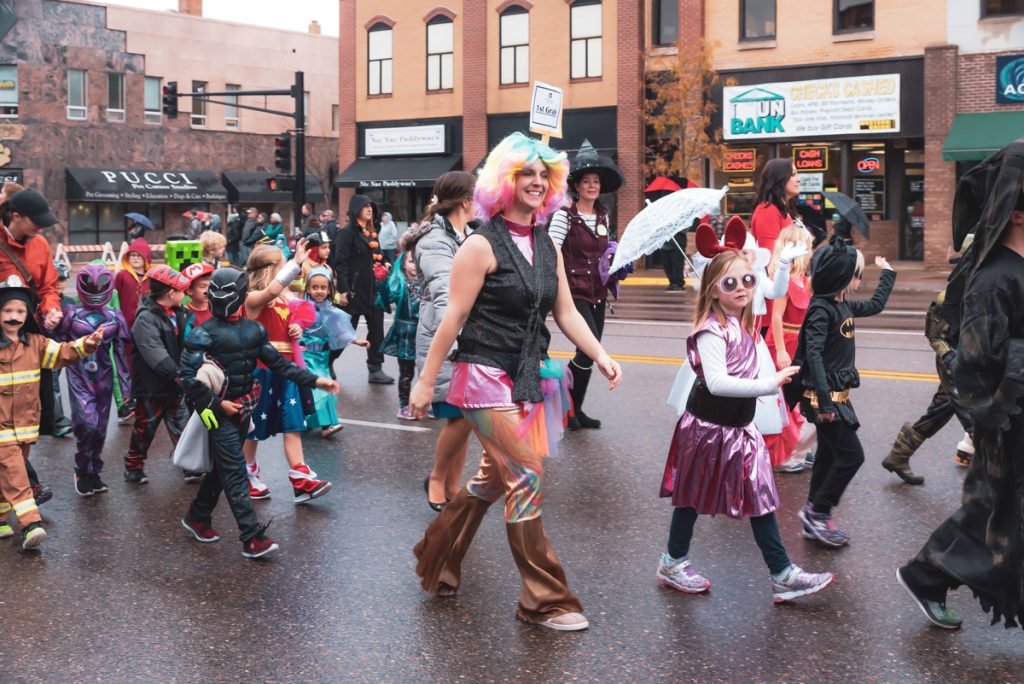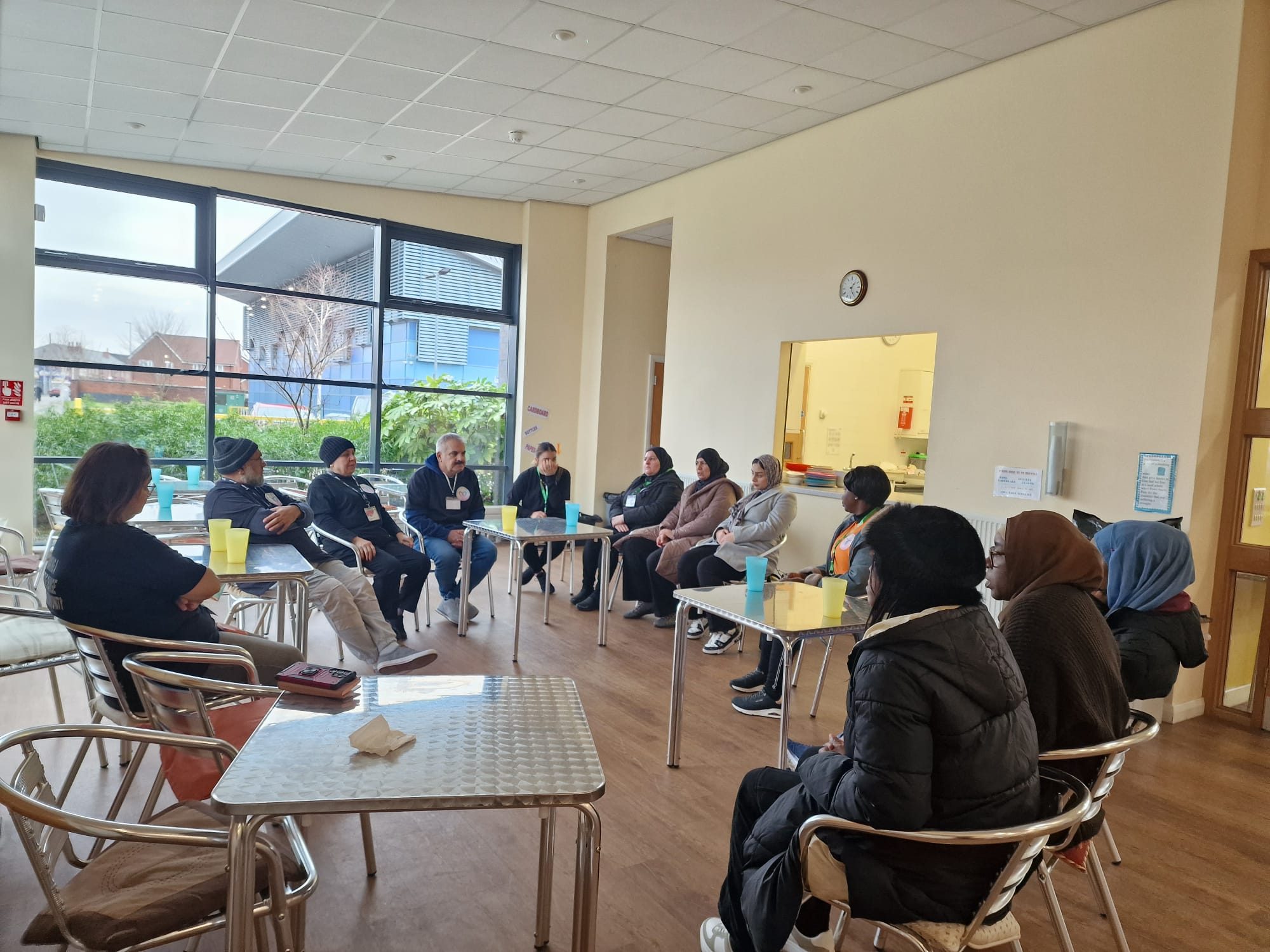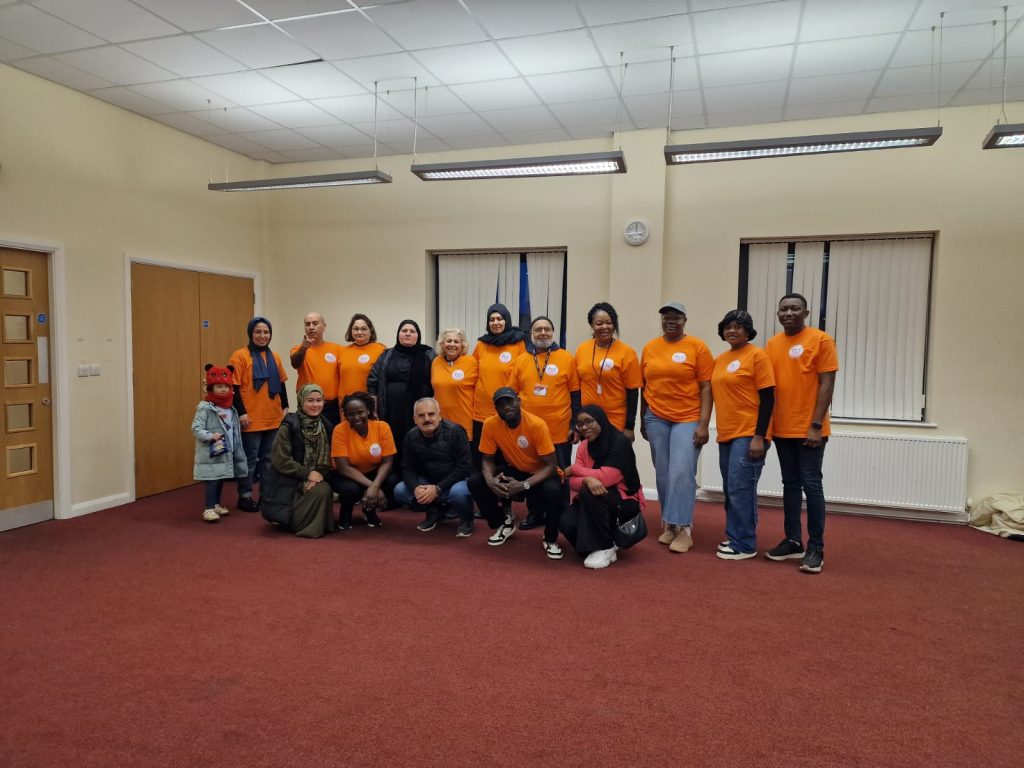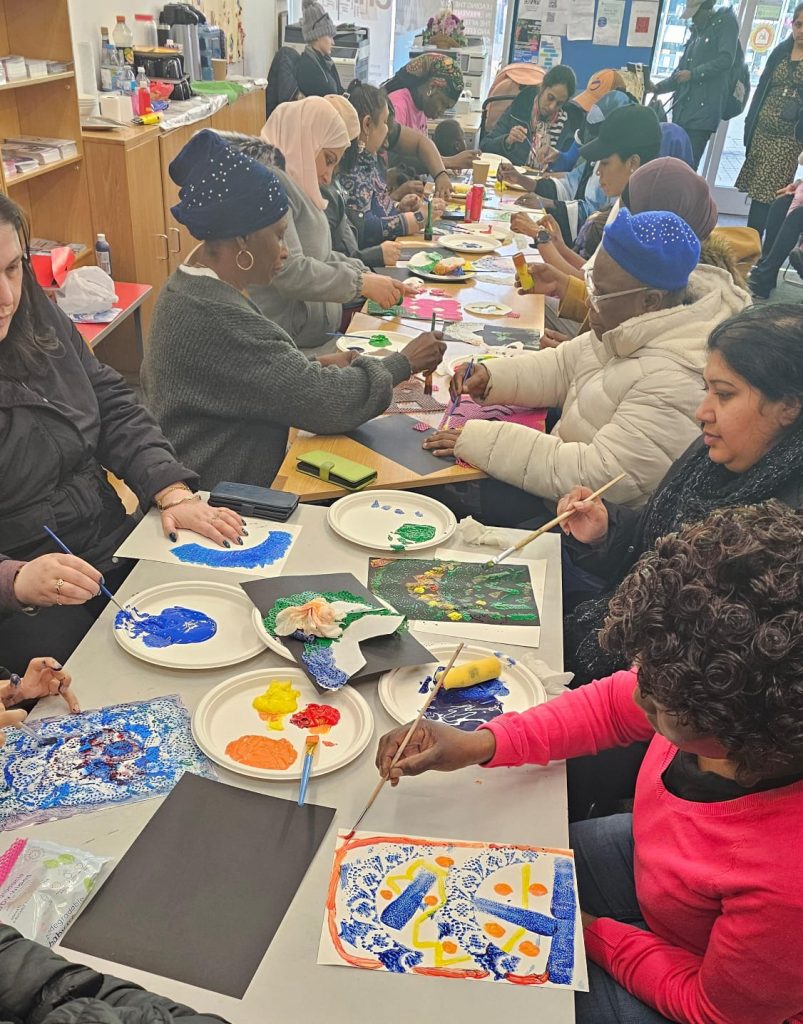When Helping Hurts: How We Care for Ourselves to Keep Caring for Others
At Caring and Sharing, our mission is built on compassion, but compassion isn’t just something we extend outward. It’s something we practice inward, too.
Every day, we walk alongside asylum seekers, refugee seekers, the BAME community, seniors, carers, and others who need a place of safety, solidarity, and support. Through immigration drop-ins, women’s wellness sessions, digital skills classes, ESOL, and the beloved Friends of Shamwari, we hold space for healing, empowerment, and growth.
But in doing this life giving work, we’ve learned a difficult but necessary truth: If we don’t take care of ourselves, we won’t be able to take care of anyone else.
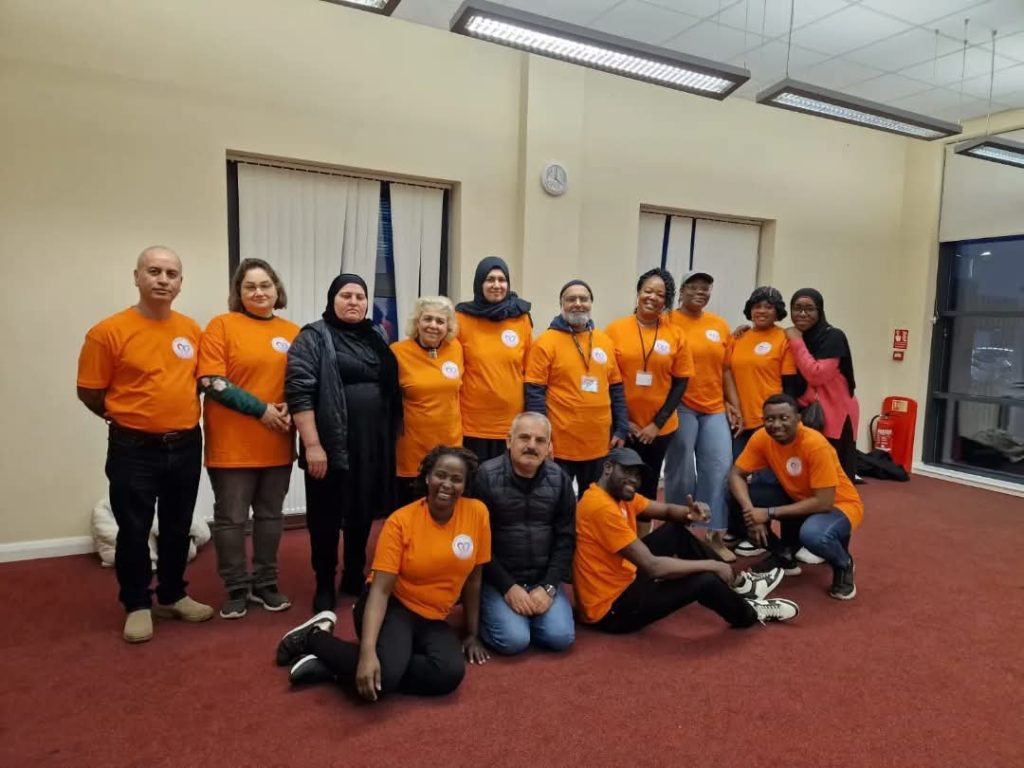
When Compassion Becomes Too Heavy to Carry Alone
Let’s be real: the emotional weight of community work is no joke. It’s not just the hours or the paperwork, it’s the stories we carry, the systems we navigate, the urgency we feel when someone’s safety is at stake. Even the most passionate among us can hit a wall.
But at Caring and Sharing, we’ve decided: burnout is not the price of making a difference. We’ve put intentional strategies in place to help our team stay grounded, protected, and energised, so we can keep doing what we do best, without burning out in the process.
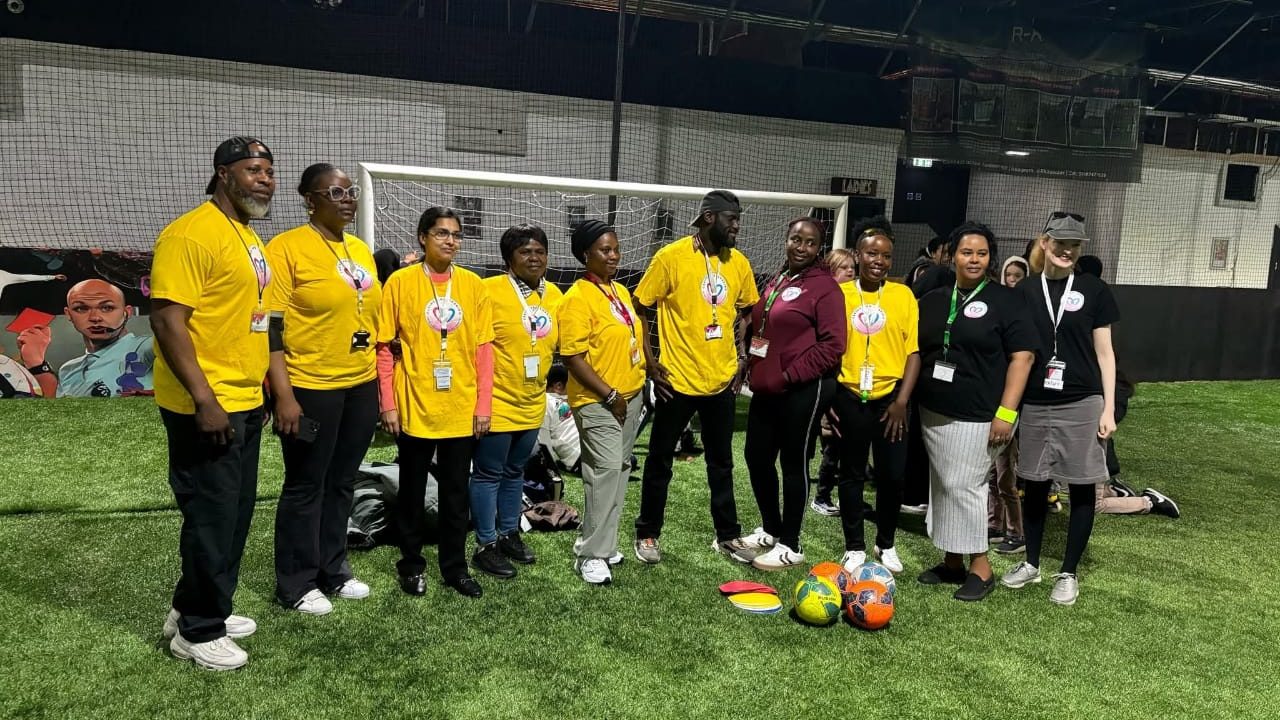
How We’re Protecting Our People While Serving Our Purpose
Here’s how we care for ourselves as we care for others:
1. We Talk About It – Openly, Honestly, Often
We’ve created safe internal spaces where team members can say, “I’m struggling,” without fear or shame. Whether it’s during team meetings, informal chats, or reflection sessions, we encourage real talk about emotional health. Vulnerability isn’t a weakness, it’s a strength that keeps us connected.
2. We Honour Boundaries
We respect that our team members are whole people, not just roles or job titles. We encourage clear working hours, proper breaks, and taking time off when needed. Nobody is expected to be “on” all the time. We don’t glorify burnout, we shut it down before it starts.
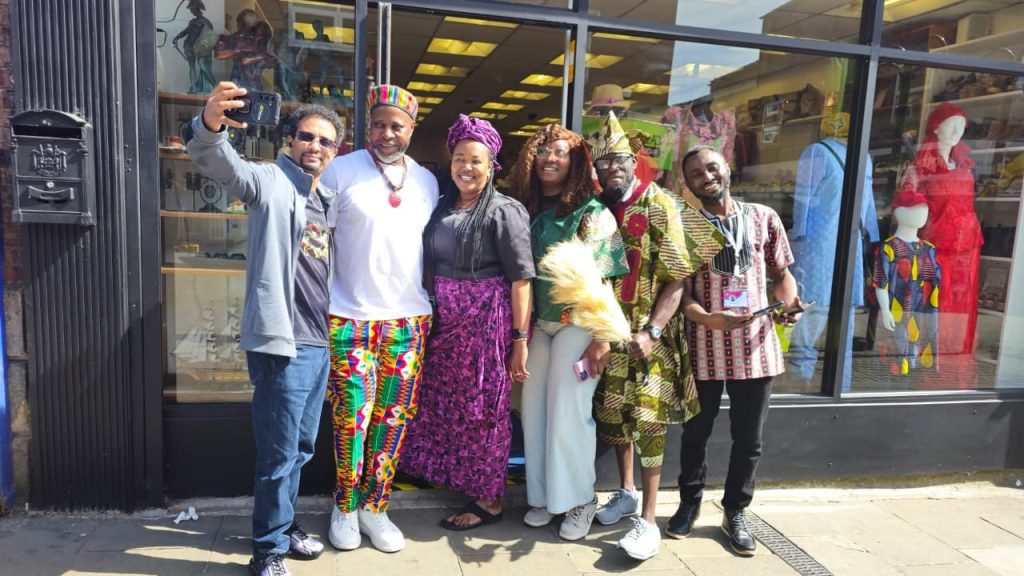
3. We Prioritise Peer Support
There’s healing in shared experience. That’s why we’ve created relaxed spaces, like our monthly tea and chat circles where volunteers and staff can talk, decompress, or just sit in solidarity with one another. It’s not always about problem-solving. Sometimes it’s about simply being seen.
4. We Say No to Martyr Culture
Doing good shouldn’t mean running yourself into the ground. We actively challenge the narrative that says “the more exhausted you are, the more committed you must be.” We celebrate sustainability, not sacrifice. This work is a marathon, not a sprint.
5. We Invest in Our Own Wellbeing
We’re intentional about putting care resources in-house. That means making room for things like mindfulness practices, reflective supervision, access to counselling, and designated wellness time. These aren’t extras, they’re essentials.
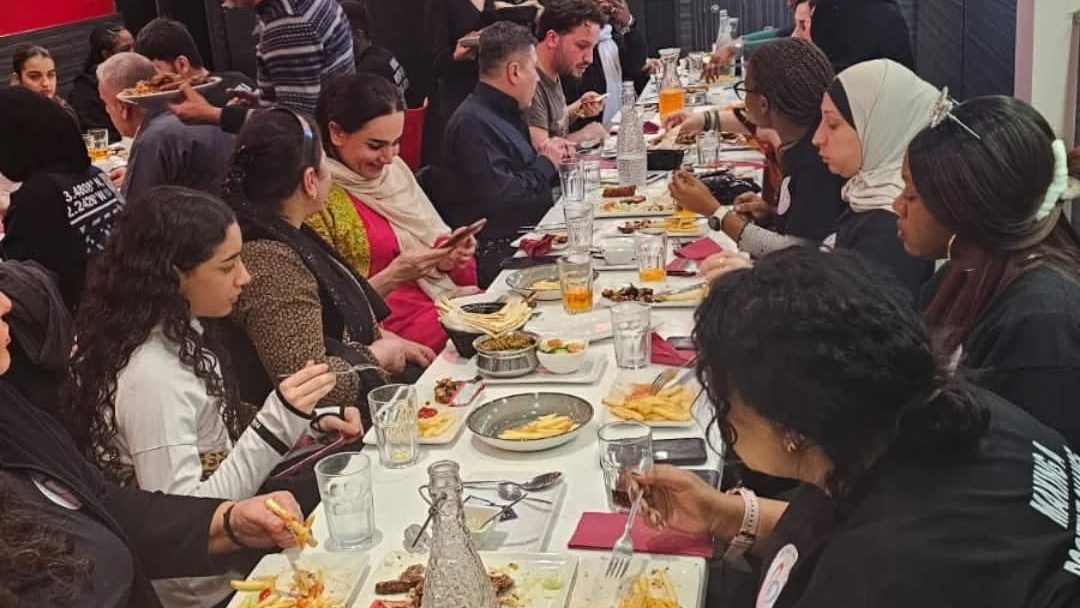
6. We Celebrate Ourselves, Loudly and Often
It’s easy to focus only on the crises, but we’ve learned to pause and celebrate the wins, big and small. Whether it’s someone mastering basic English, a successful referral, or a heartfelt “thank you,” we take time to honour those moments. They fuel us. They remind us why we’re here.
Why This Matters
Because at Caring and Sharing, we know that our people are the heartbeat of this mission. Our staff, our volunteers, our community leaders, are essential. And so, we protect that. When helping starts to hurt, we don’t ignore the pain. We listen to it. We slow down. We regroup. We support one another. Because healing communities begins with healing ourselves.
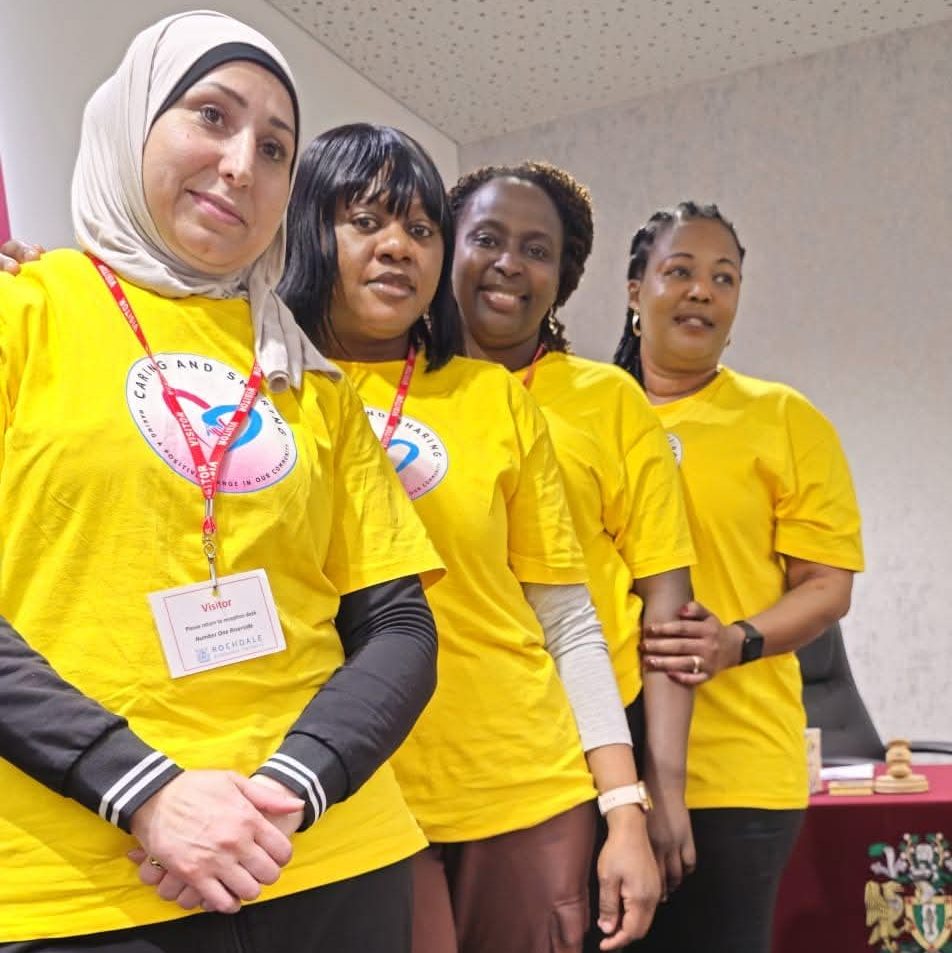
So here’s our invitation to everyone doing this work with us: Take care. Speak up. Rest without guilt. Because when we thrive, our community does too. And that’s the future we’re building, together.
